Google Pixel 8a vs iPhone 15
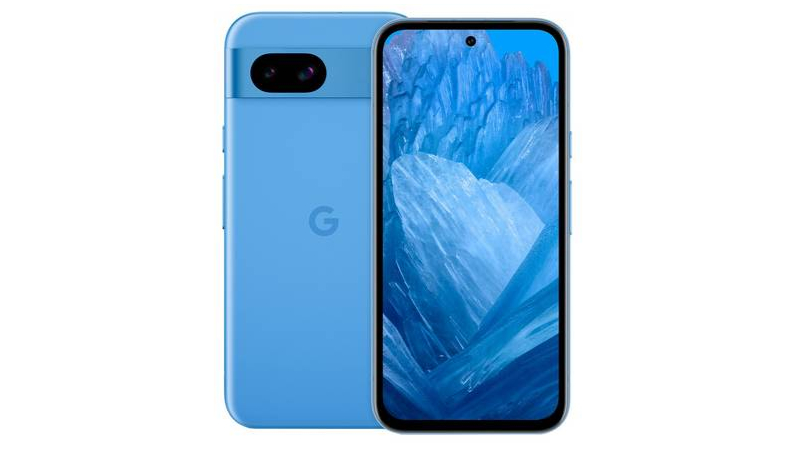
Weight: 188g
Dimensions: 152.1 x 72.7 x 8.9mm
Screen size: 6.1-inch
Resolution: 1080 x 2400
Chipset: Google Tensor G3
RAM: 8GB
Storage: 128GB/256GB
Battery: 4,492mAh
Rear camera: 64MP+13MP
Front camera: 13MP
Almost everything about the Pixel 8a, barring its battery life and cameras, feels near-flagship quality. It has a broadly similar design to the Pixel 7a, but the newer phone gets a much better software support commitment.
Pros
- Future-facing AI tools
- Great design and color options
- Seven years of Android updates
Cons
- Cameras are good, not great
- Battery life could be better
- Not as cheap as it could be
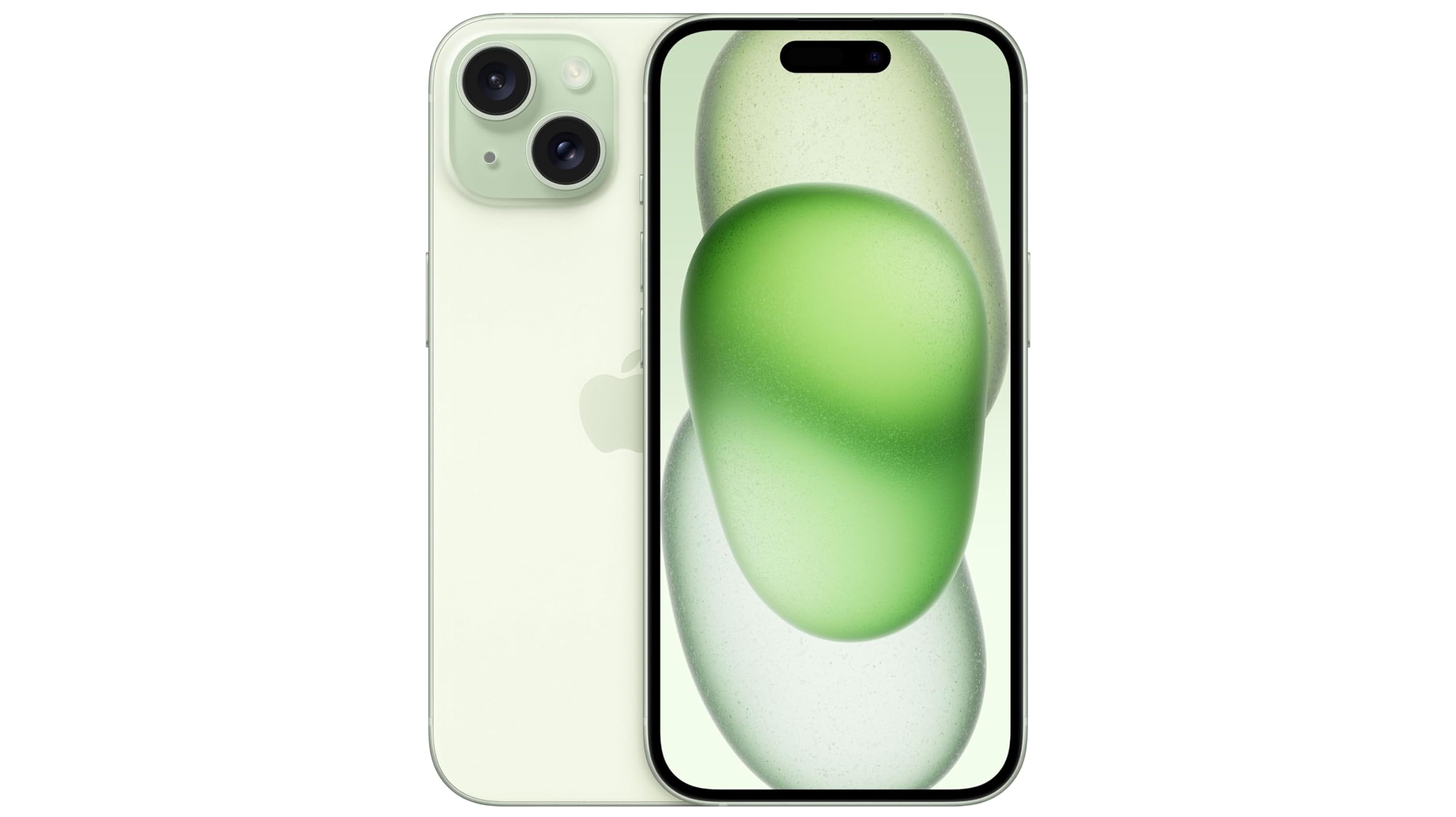
Weight: 171g
Dimensions: 147.6 x 71.6 x 7.8mm
Screen size: 6.1-inch
Resolution: 1179 x 2556
Chipset: A16 Bionic
RAM: 6GB
Storage: 128GB/256GB/512GB
Battery: 3,349mAh
Rear camera: 48MP+12MP
Front camera: 12MP
The iPhone 15 comes close to matching the iPhone 15 Pro in a lot of ways, including its Dynamic Island and screen size, but it lacks the AI smarts and keen price of the Pixel 8a.
Pros
- Dynamic Island
- 48MP main camera
- A16 Bionic chipset
Cons
- No zoom lens
- 60Hz refresh rate
- Can run a little hot
For many people, getting a new smartphone simply means getting the latest iPhone. Which, right now, more than likely means the iPhone 15. With a compact yet classy design, clean software, extensive support, zippy performance and a great camera, it’s all the phone you really need.
The Google Pixel 8a might have just complicated things for Apple. It ticks off all of those same boxes, but at a significantly lower price than the iPhone 15 retails for.
So how exactly do these two phones compare? Has Google really managed to undercut Apple with its latest mid-range effort?
We’ve now spent a fair amount of time with both phones, and have put both through their paces; see our iPhone 15 review and Google Pixel 8a review. Let’s dive into the similarities and differences, and try to come to some sort of conclusion over which is the better buy.
We’ll start, as always, with a quick run down of the key specifications.
Google Pixel 8a vs iPhone 15: specs comparison
Let’s take look at how these two phones stack up to one another on a pure spec-by-spec basis.
| Google Pixel 8a | iPhone 15 | |
|---|---|---|
| Dimensions: | 152.1 x 72.7 x 8.9mm | 147.6 x 71.6 x 7.80mm |
| Weight: | 188g | 171g |
| Display: | 6.1-inch OLED | 6.1-inch Super XDR OLED |
| Resolution: | 1080 x 2400 | 1179 x 2556 |
| Refresh rate: | 120Hz | 60Hz |
| Chipset: | Google Tensor G3 | A16 Bionic |
| Rear cameras: | 64MP (wide), 13MP (ultra-wide) | 48MP (wide), 12MP (ultra-wide) |
| Front camera: | 13MP | 12MP |
| RAM: | 8GB | 6GB |
| Storage: | 128GB, 256GB | 128GB |
| Battery: | 4,492mAh | 4,385mAh |
| Charging: | 18W wired, 7.5W wireless | 128GB, 256GB, 512GB |
Google Pixel 8a vs iPhone 15: price and availability
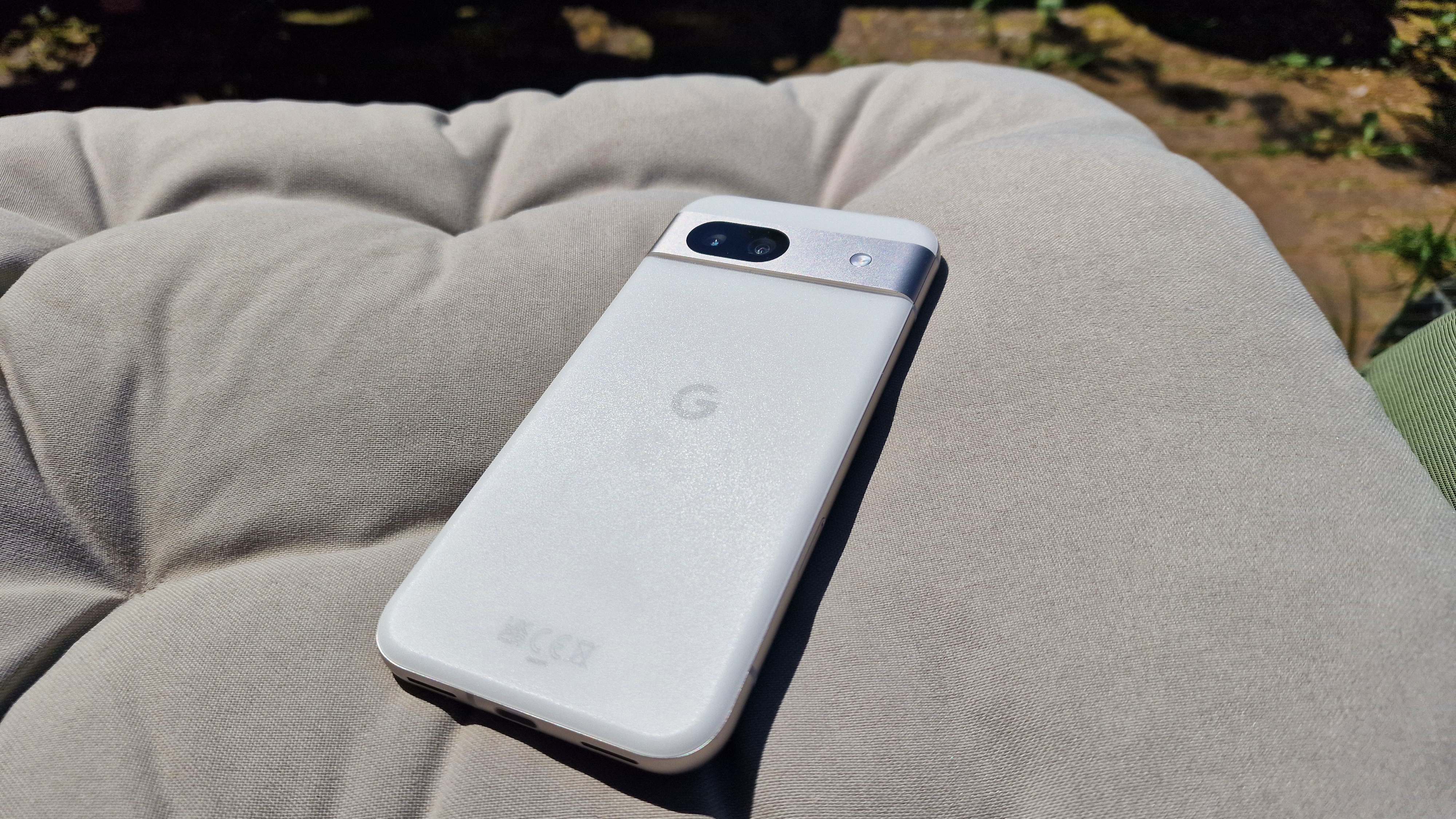
The Pixel 8a landed in shops on May 14, 2024. That makes it quite a bit fresher than the iPhone 15, which arrived eight months earlier on September 12, 2023.
Sign up for breaking news, reviews, opinion, top tech deals, and more.
Pricing for the Pixel 8a starts from $499 / £499 / AU$849 for the 128GB model. Alternatively, you can double your storage to 256GB for $559 / £559 / AU$949.
As we mentioned in the intro, this makes it significantly cheaper than the iPhone 15. Apple’s phone starts from $799 / £799 / AU$1,499 for 128GB of storage, while the 256GB costs $899 / £899 / AU$1,699.
We’re talking about a $300 / £300 / AU$650 saving here in the Google phone’s favour. Apple’s phone is going to have to boss things from here on in if it’s to justify such a premium.
Google Pixel 8a vs iPhone 15: design and display
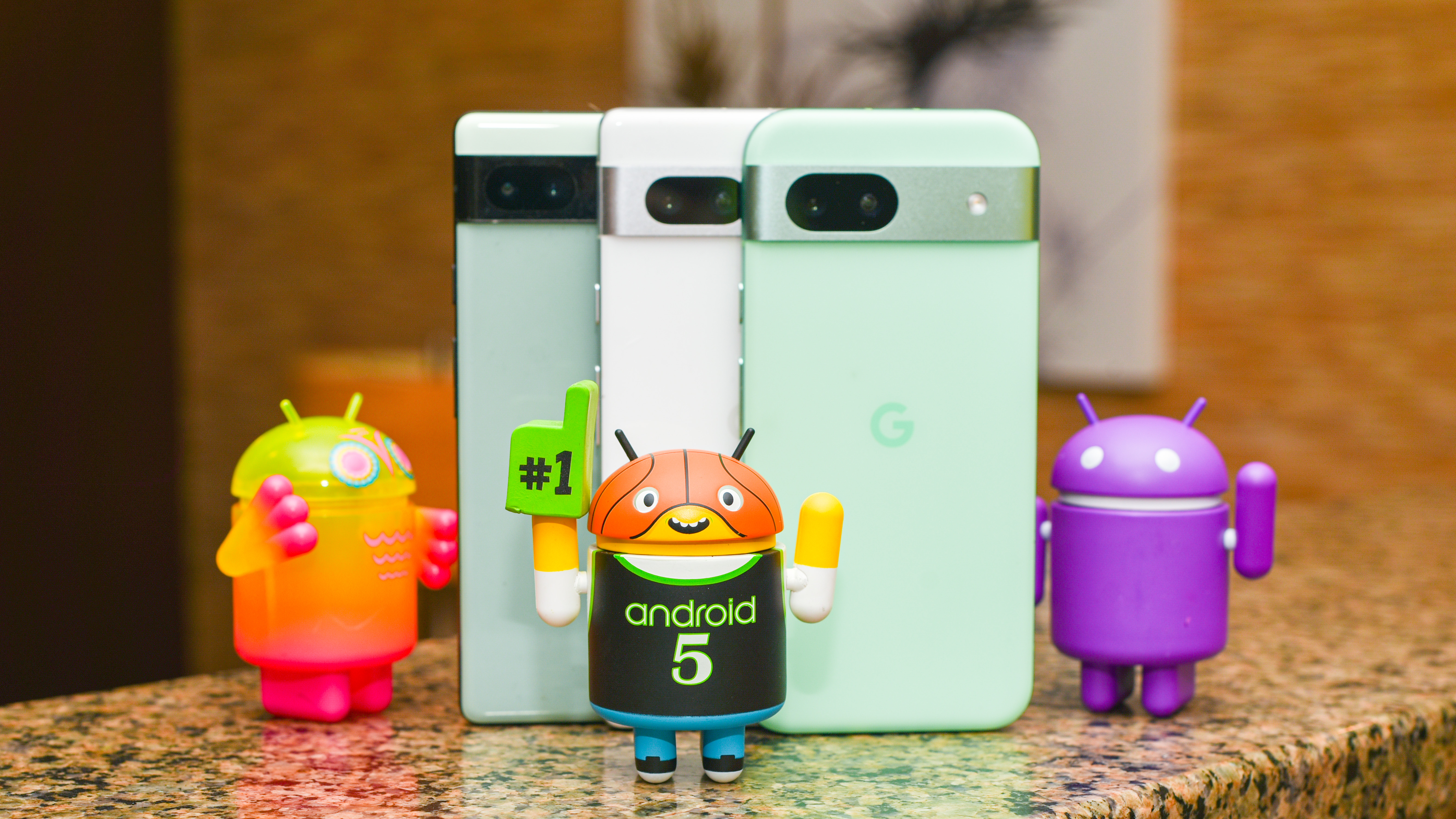
Hold these two phones in your hand, and there’s no doubting which is the more expensive. Apple’s iPhone 15 has a flat metal frame and a cool glass back, while the Pixel 8a goes with a rounded metal frame and a plastic back.
The latter is pleasant to hold, thanks to a textured matte finish, but there’s no denying it looks and feels less premium than the iPhone 15 with its color-infused back glass.
Visually, the iPhone 15 proclaims its flagship credentials with uniform screen bezels. The Pixel 8a’s look chunkier by comparison, and the chin is especially pronounced. Apple’s phone has a superior IP68 rating too, which means it’s more water resistant than the IP67-rated Pixel 8a.
The iPhone 15 also packs a unique Dynamic Island cutout. It’s much more prominent than the Pixel 8a’s hole-punch notch, but it’s also way more functional. Not only does it house a secure Face ID authentication system, but it also surfaces widget-like heads-up notifications.
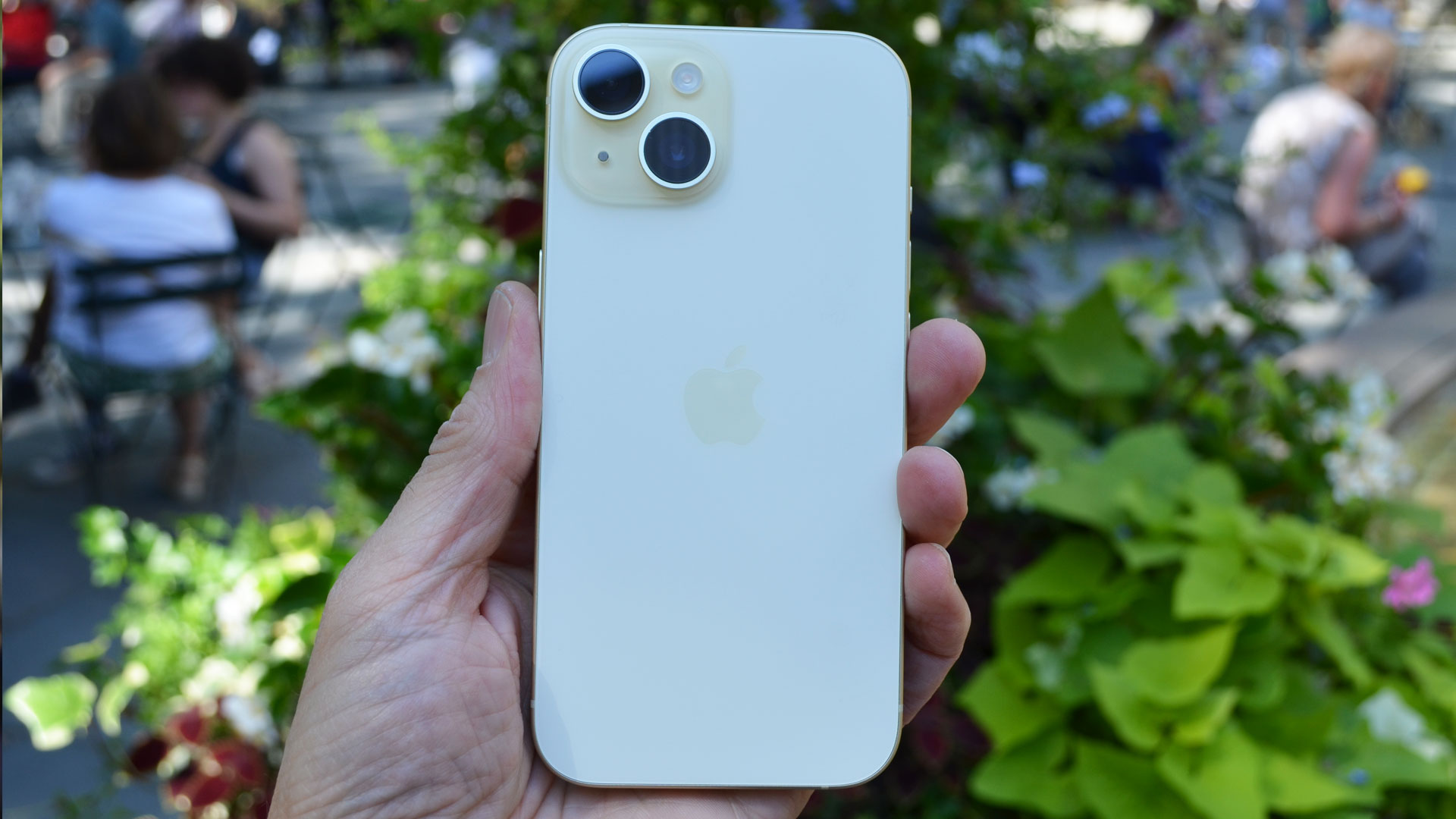
There’s no denying that the iPhone 15 has the better design of these two phones, but things aren’t such plain sailing when you come to consider the displays.
Both phones have color-accurate 6.1-inch OLED panels that can hit a peak brightness of 2,000 nits, but from there things get interesting. The iPhone 15 screen is slightly sharper, exceeding the Pixel 8a’s standard FHD+ output with a 1179 x 2556 resolution.
However, the Pixel 8a gains its own more considerable advantage with a much more fluid 120Hz refresh rate. Quite how Apple can continue to justify the iPhone 15’s 60Hz output is beyond us.
You also don’t get Always On display support on the iPhone 15, unlike the Pixel 8a.
Google Pixel 8a vs iPhone 15: cameras
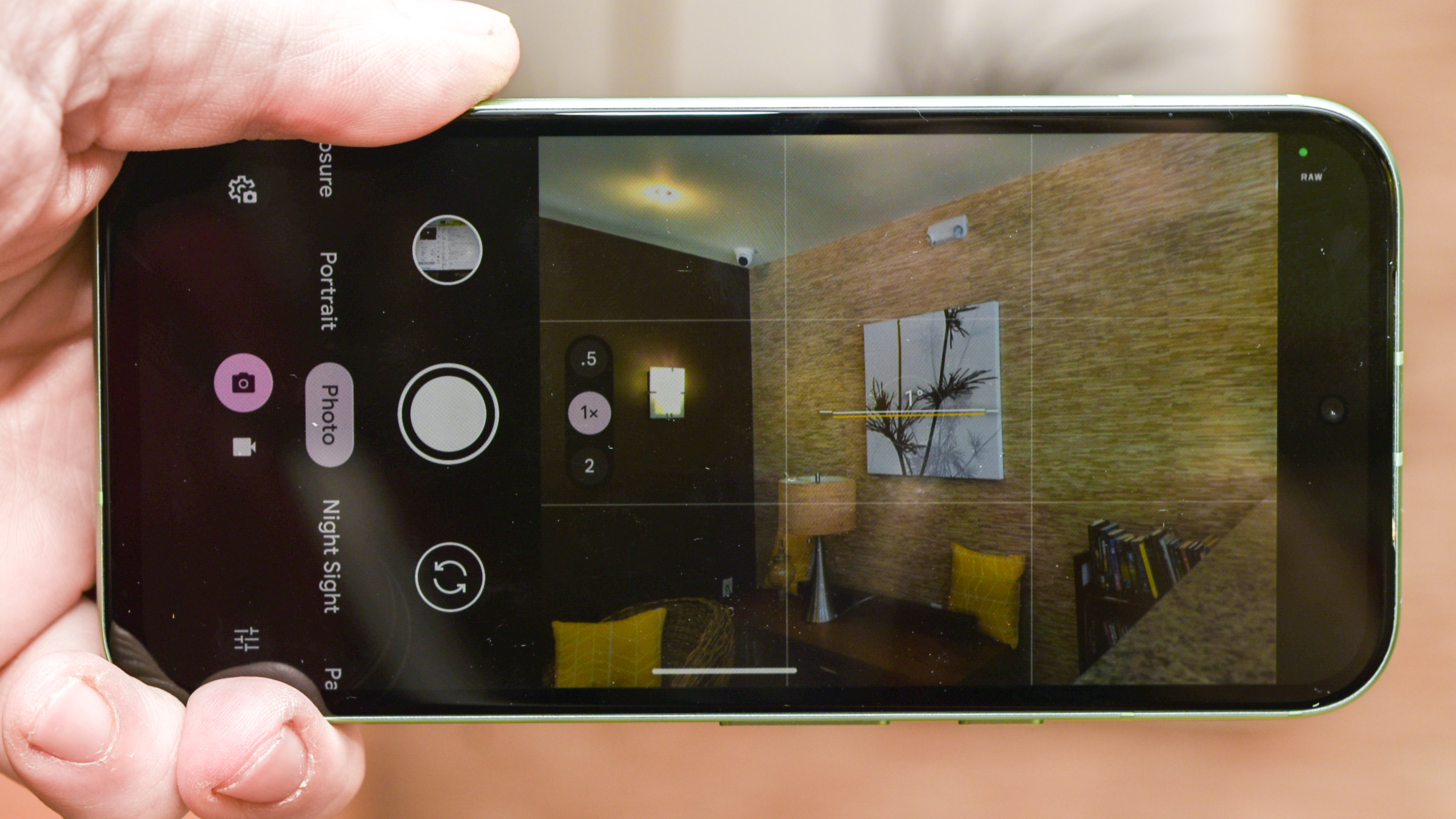
Google’s Pixel phones are famous for punching above their weight in the camera department, and the Pixel 8a is no different. For the price, it takes great pictures.
However, the iPhone 15 also takes better shots than most other phones within its price range. It’s a flat-out better camera system than its cheaper rival.
The Pixel 8a has much more limited hardware, with a humble (and relatively small) 64MP 1/1.73“ main sensor with an f/1.89 aperture. The iPhone 15’s main camera has a 48MP 1/1.56” sensor with an f/1.6 aperture.
Put simply, the iPhone can pull in way more light than the Pixel. It also has a much more advanced sensor-shift OIS system, compared to the Pixel 8a’s straight up OIS. This means it can steady its shots much more effecitvely, opening the way to longer exposure times and even more light capture.
There’s less of a clear difference between the 12MP ultra-wide of the iPhone 15 and the 13MP ultra-wide of the Pixel 8a, both of which feature a fixed focus.
Google Pixel 8a camera samples


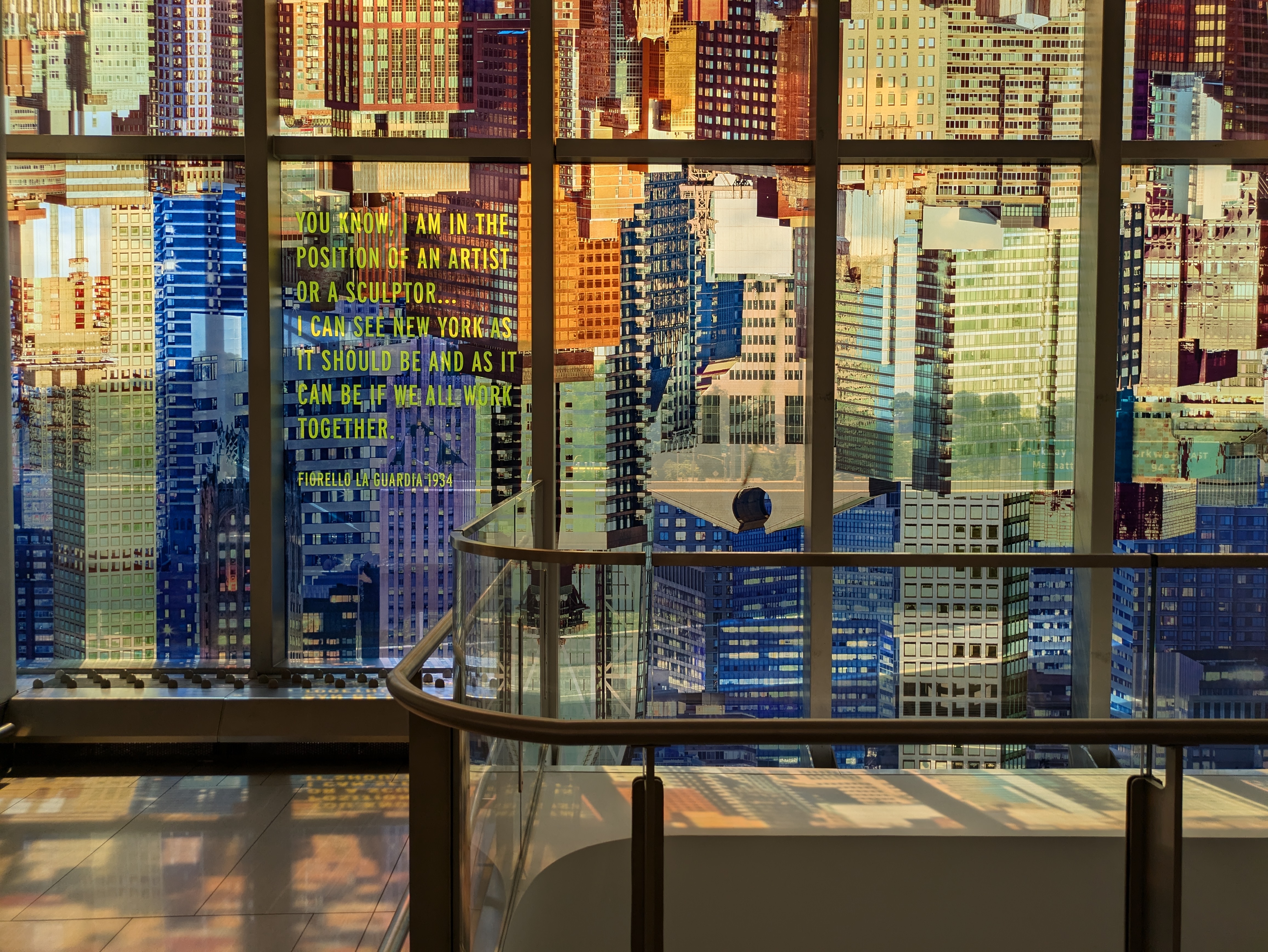
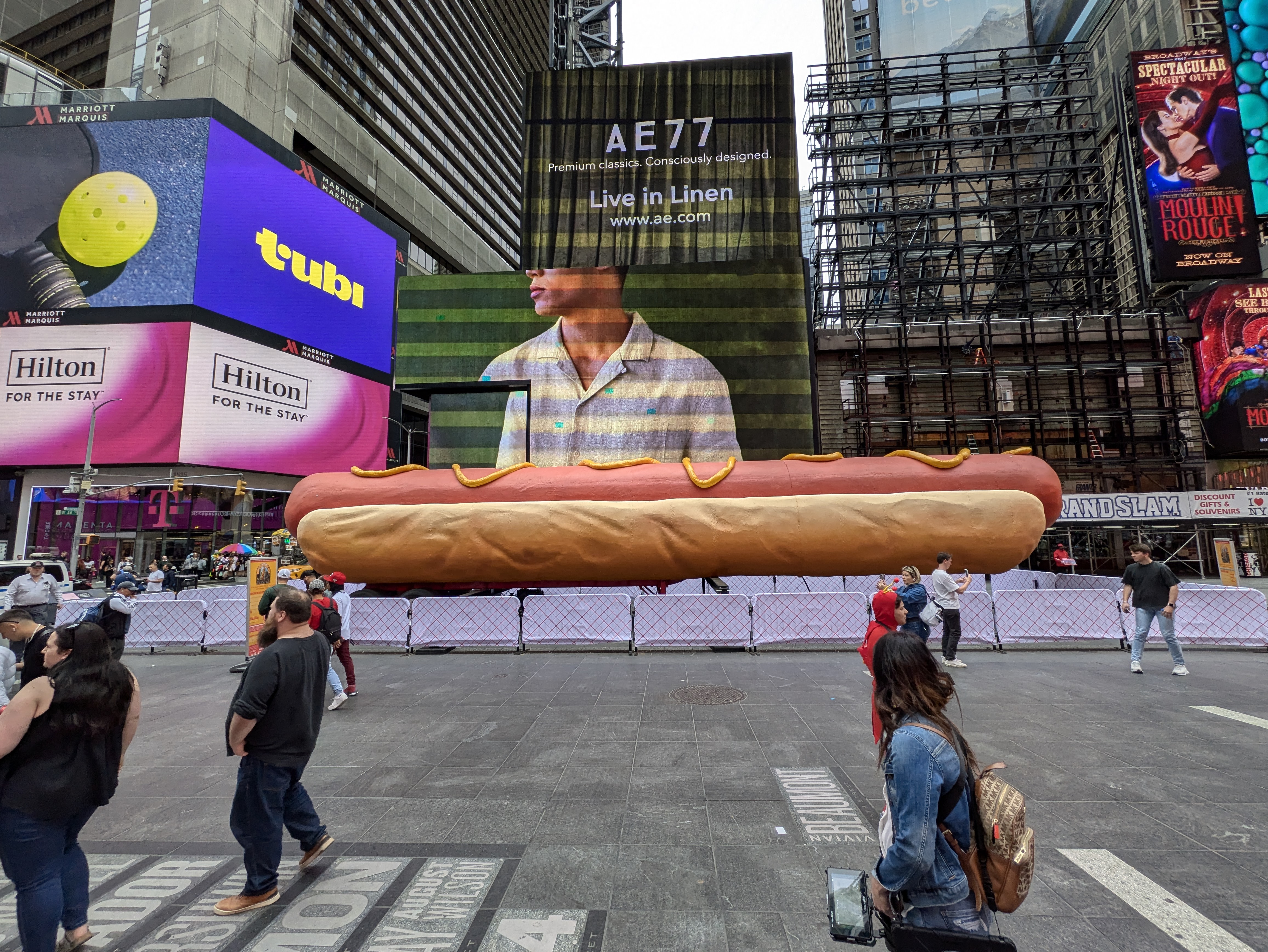
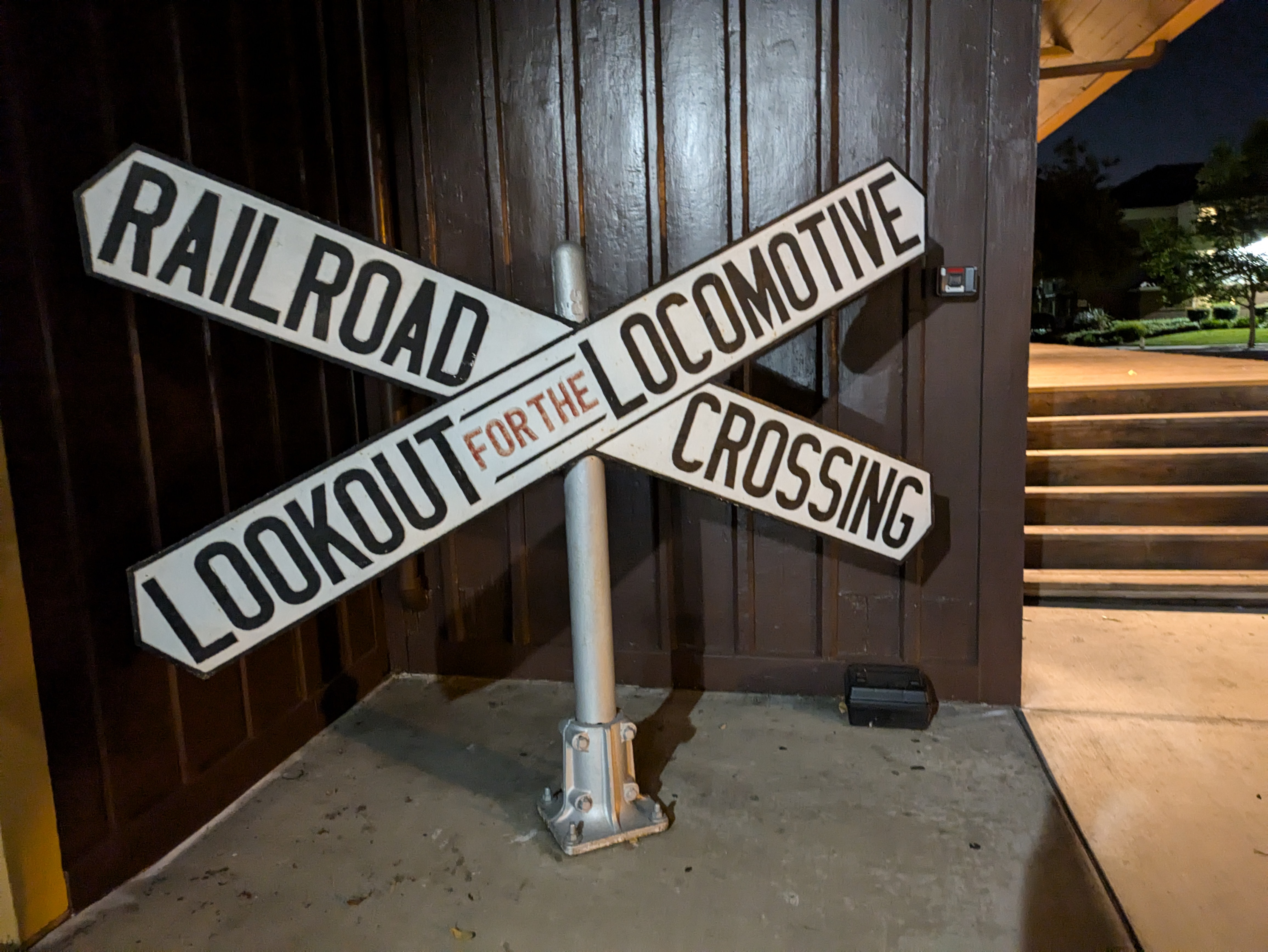
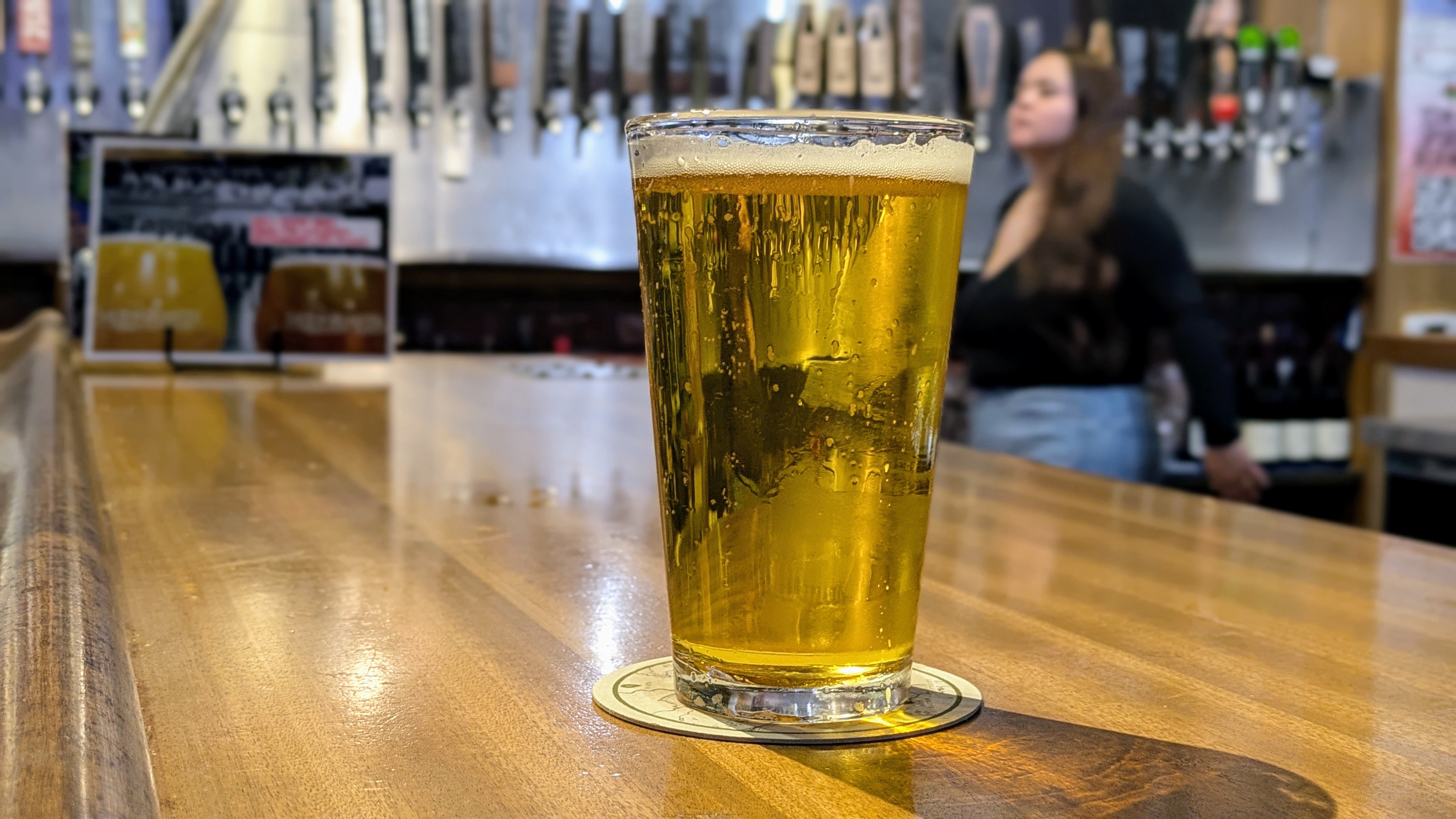
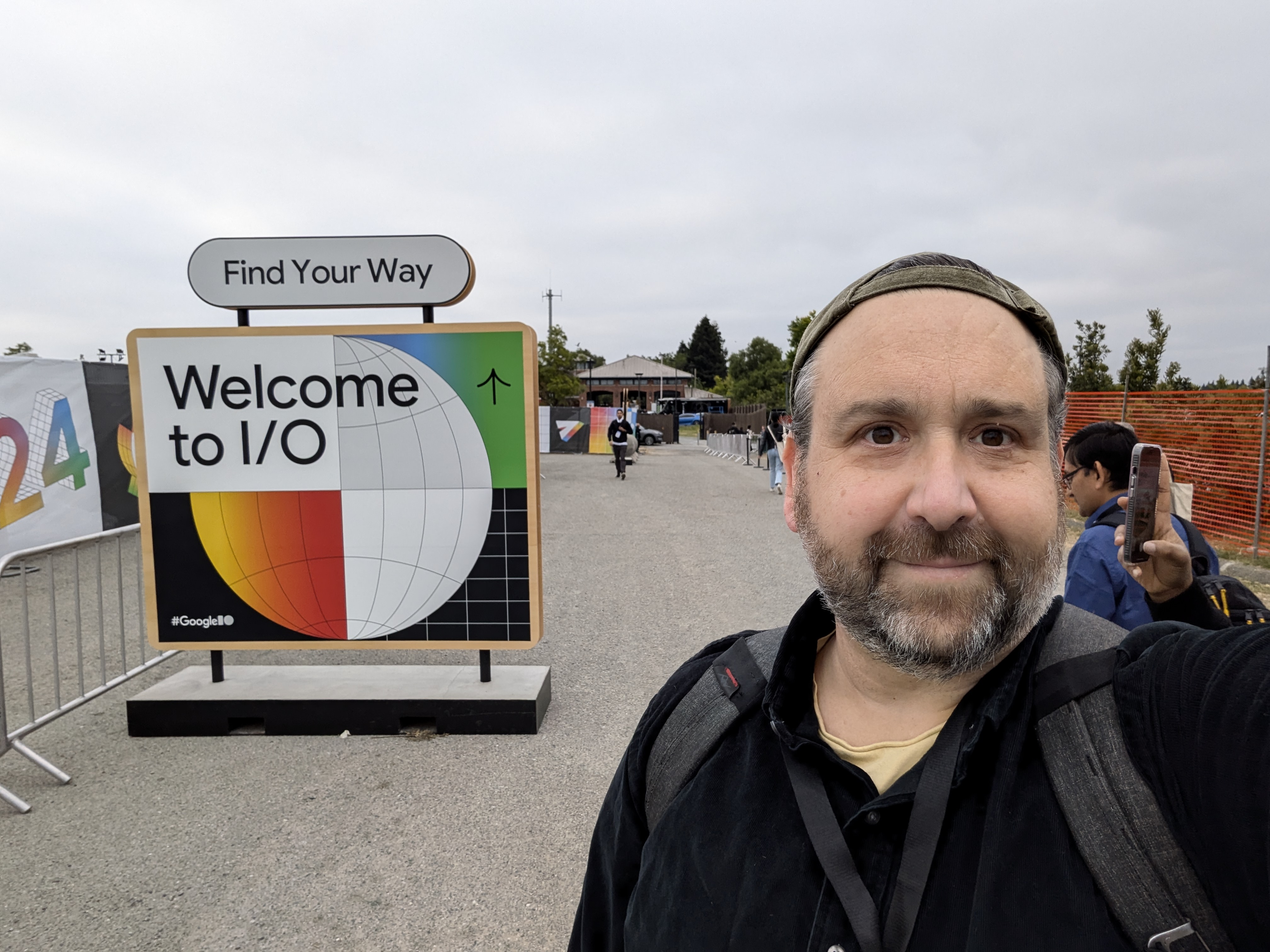
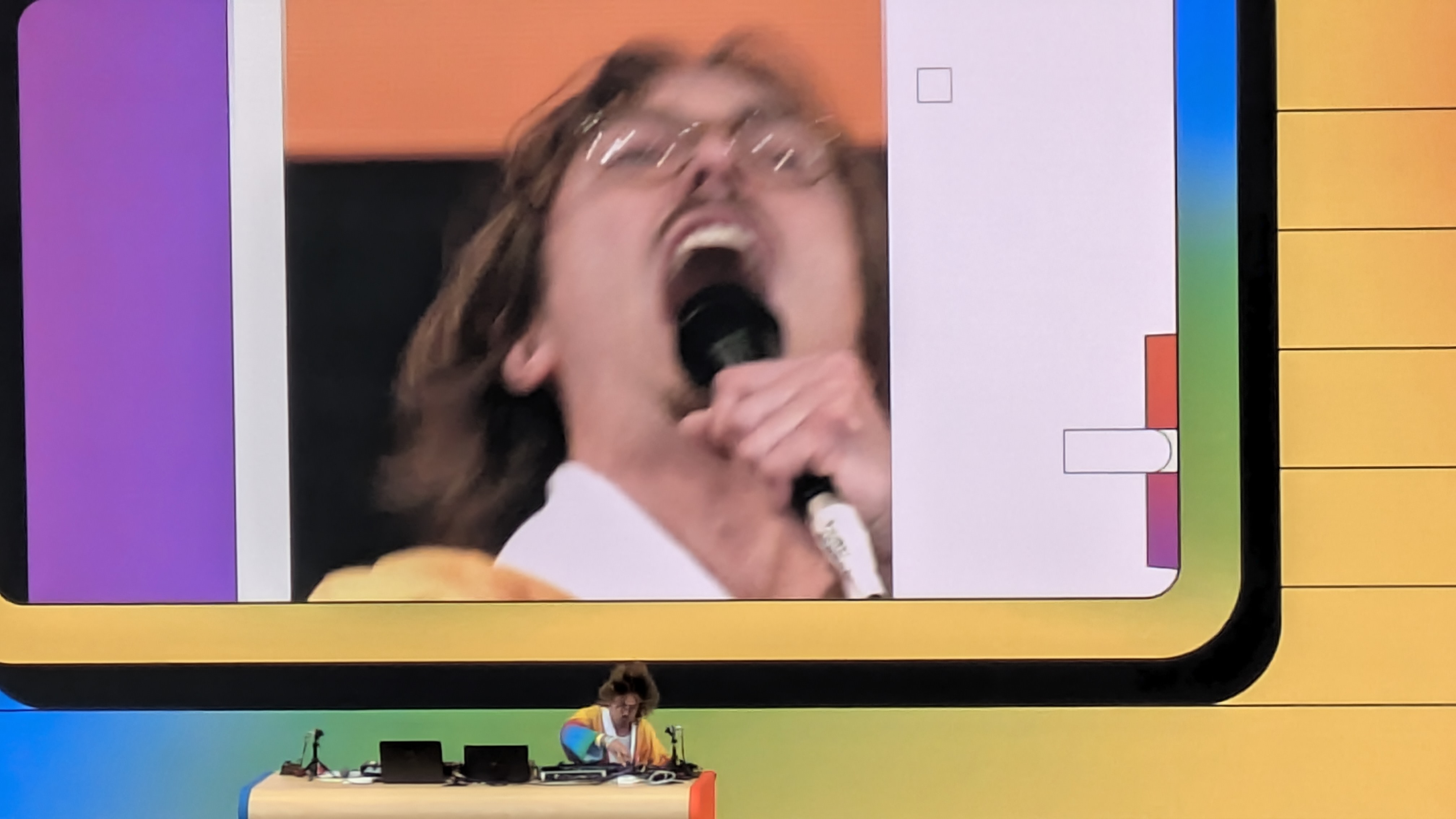
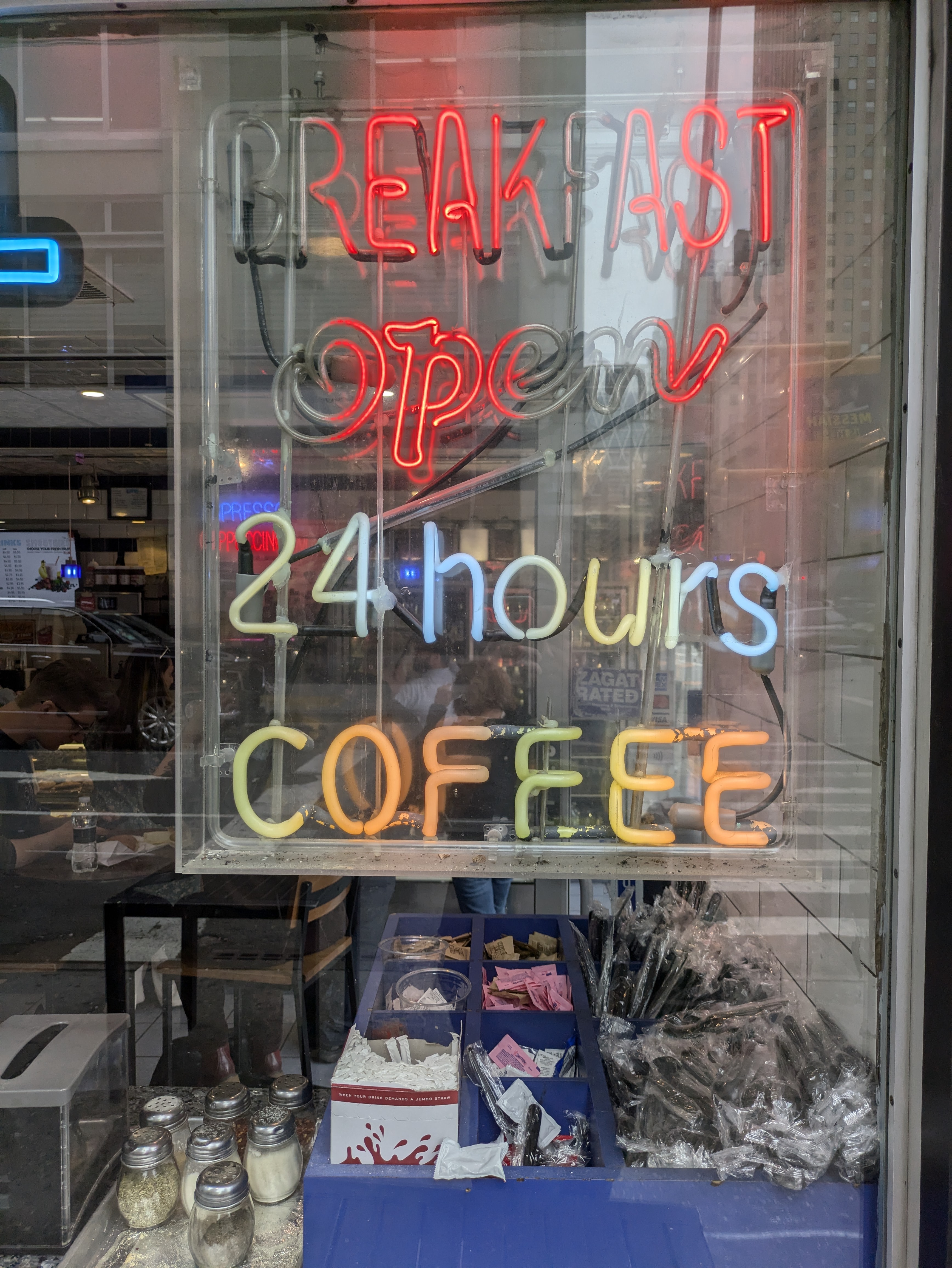
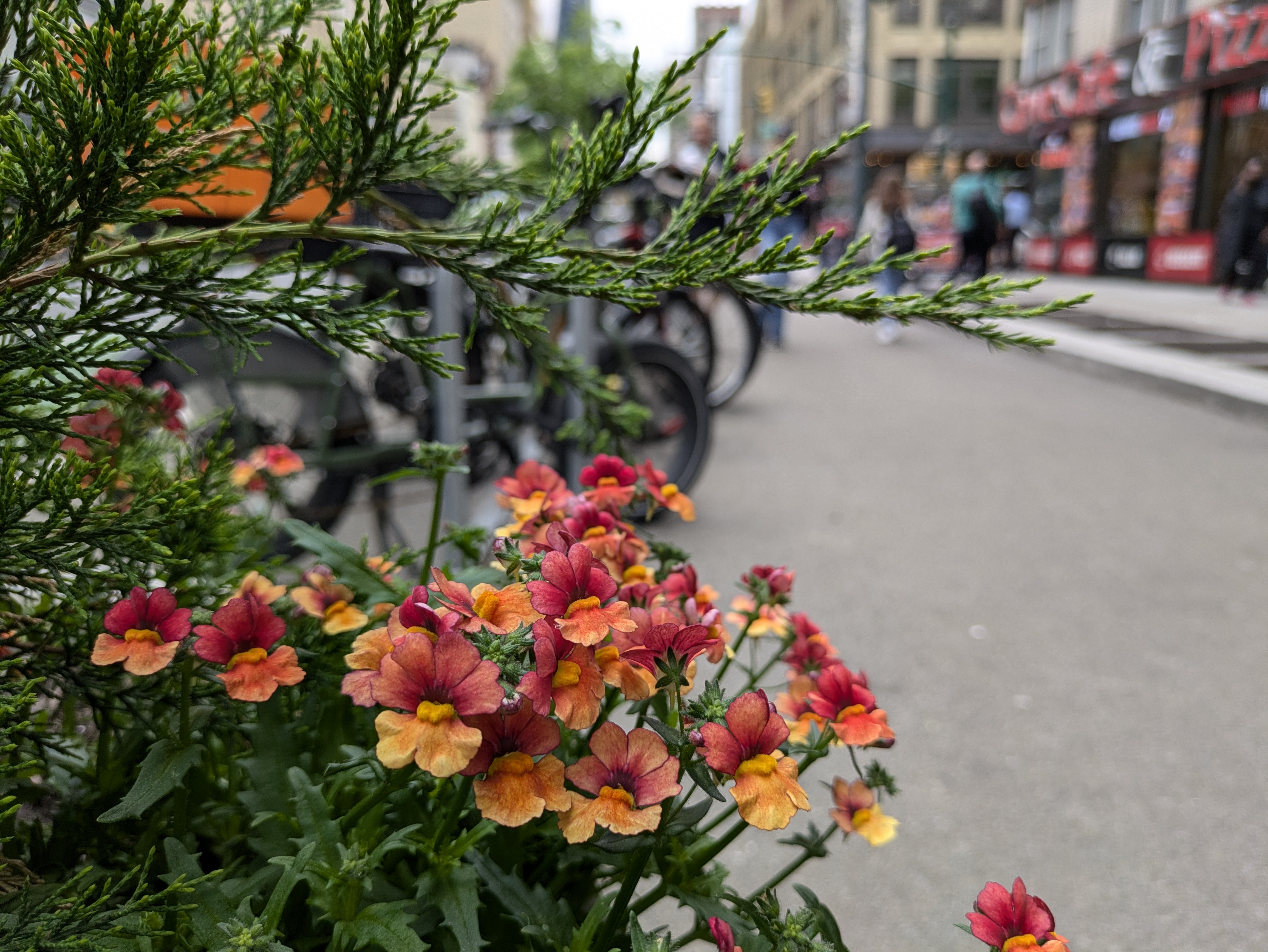
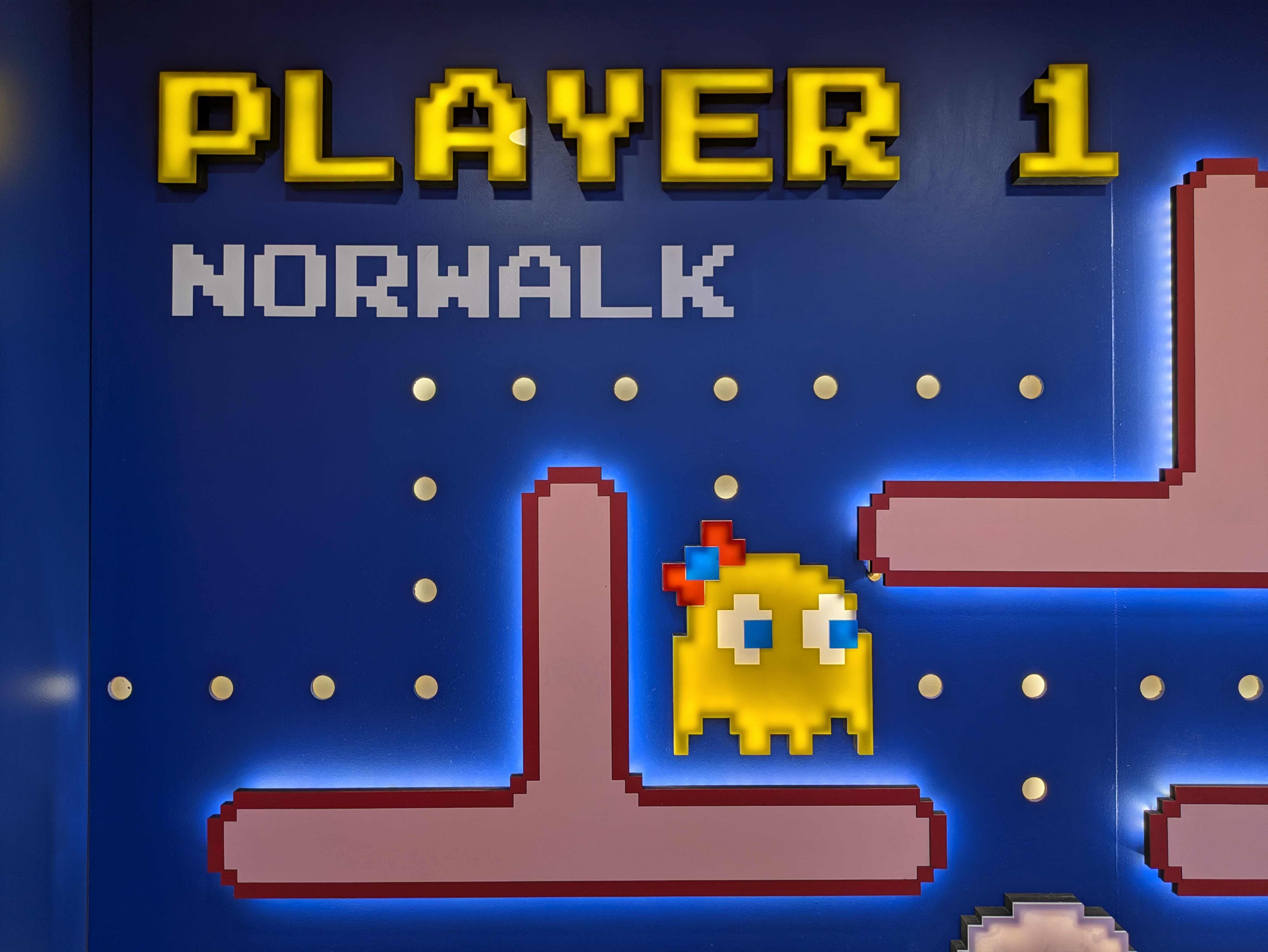
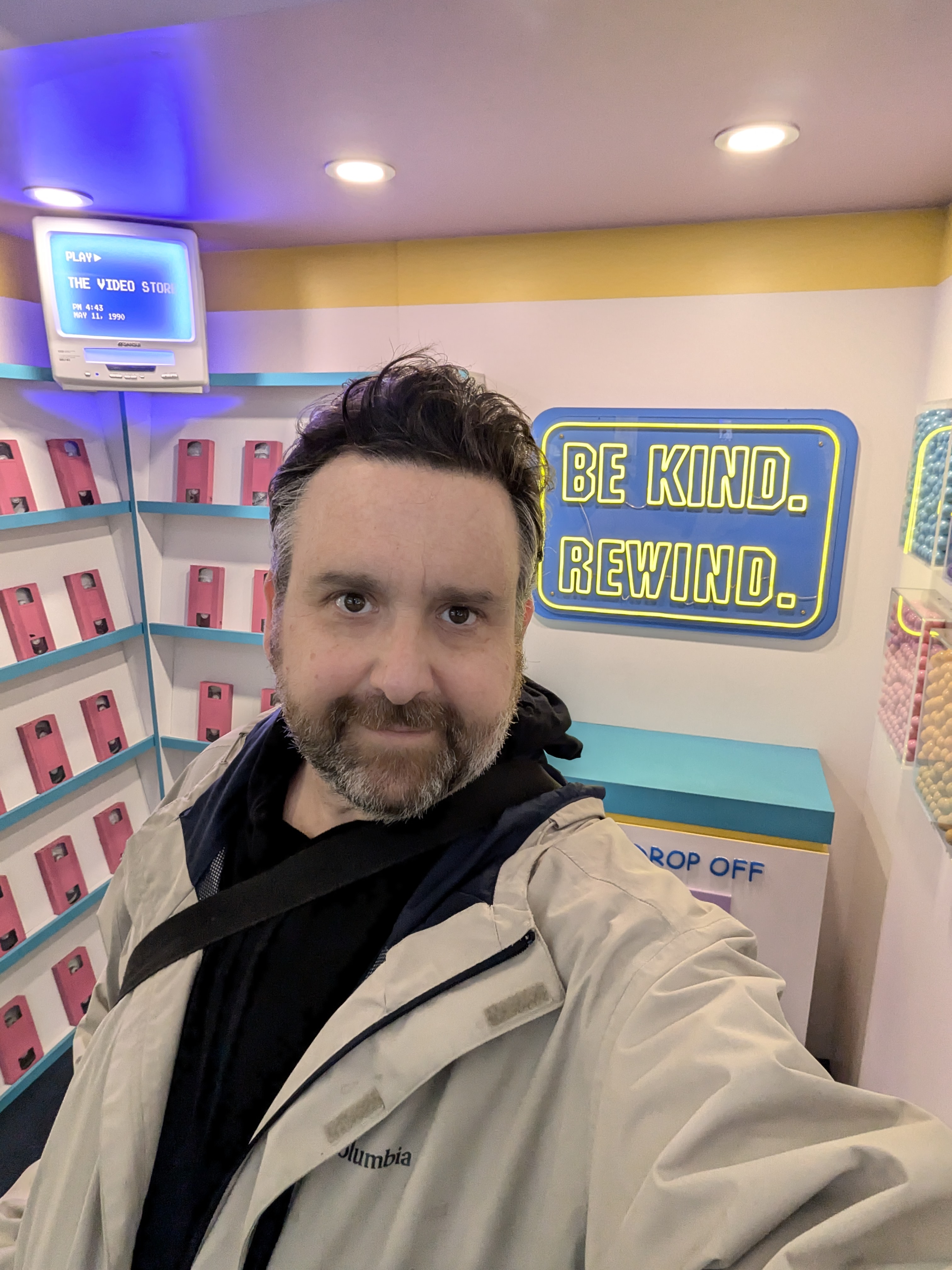
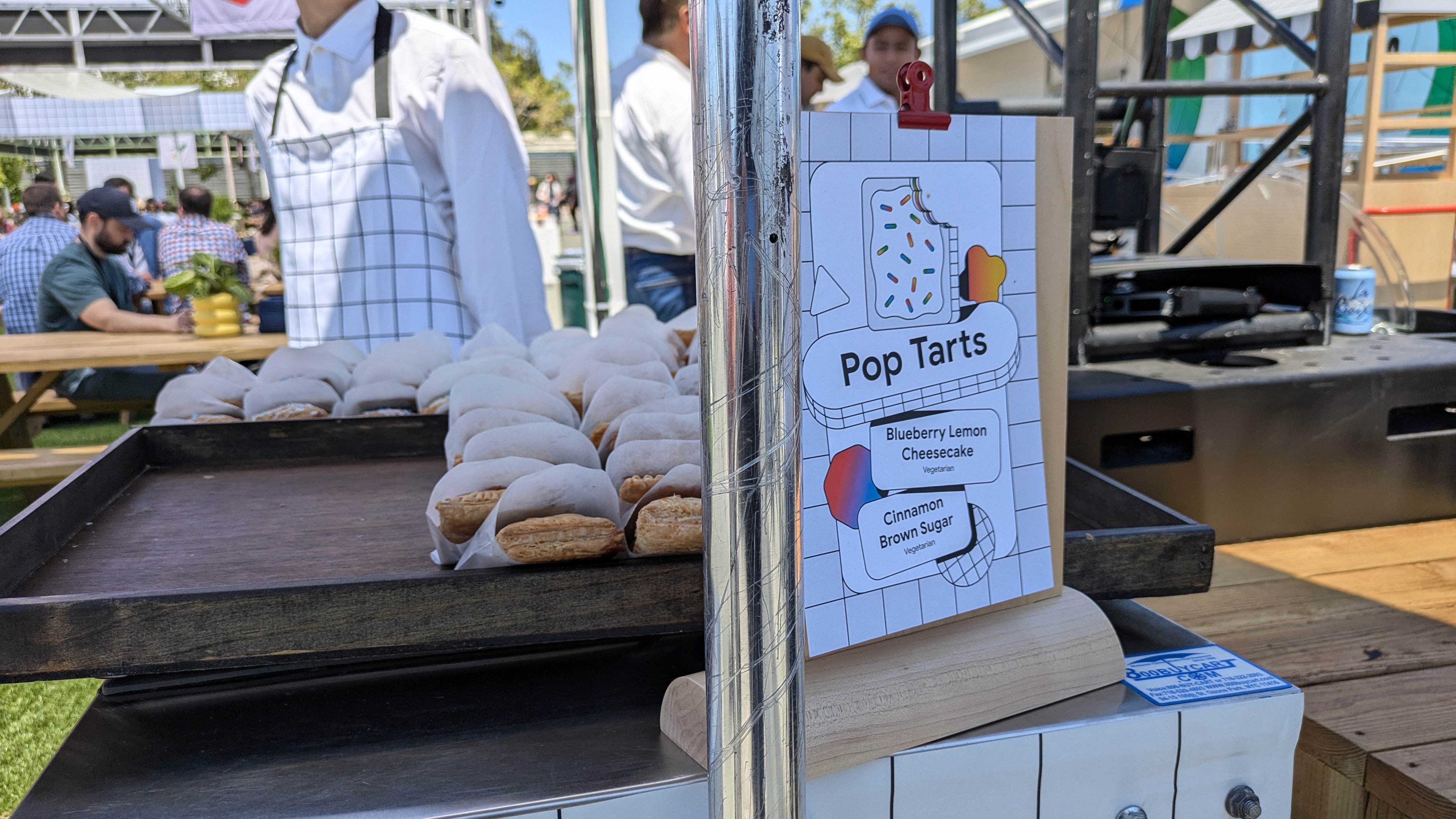
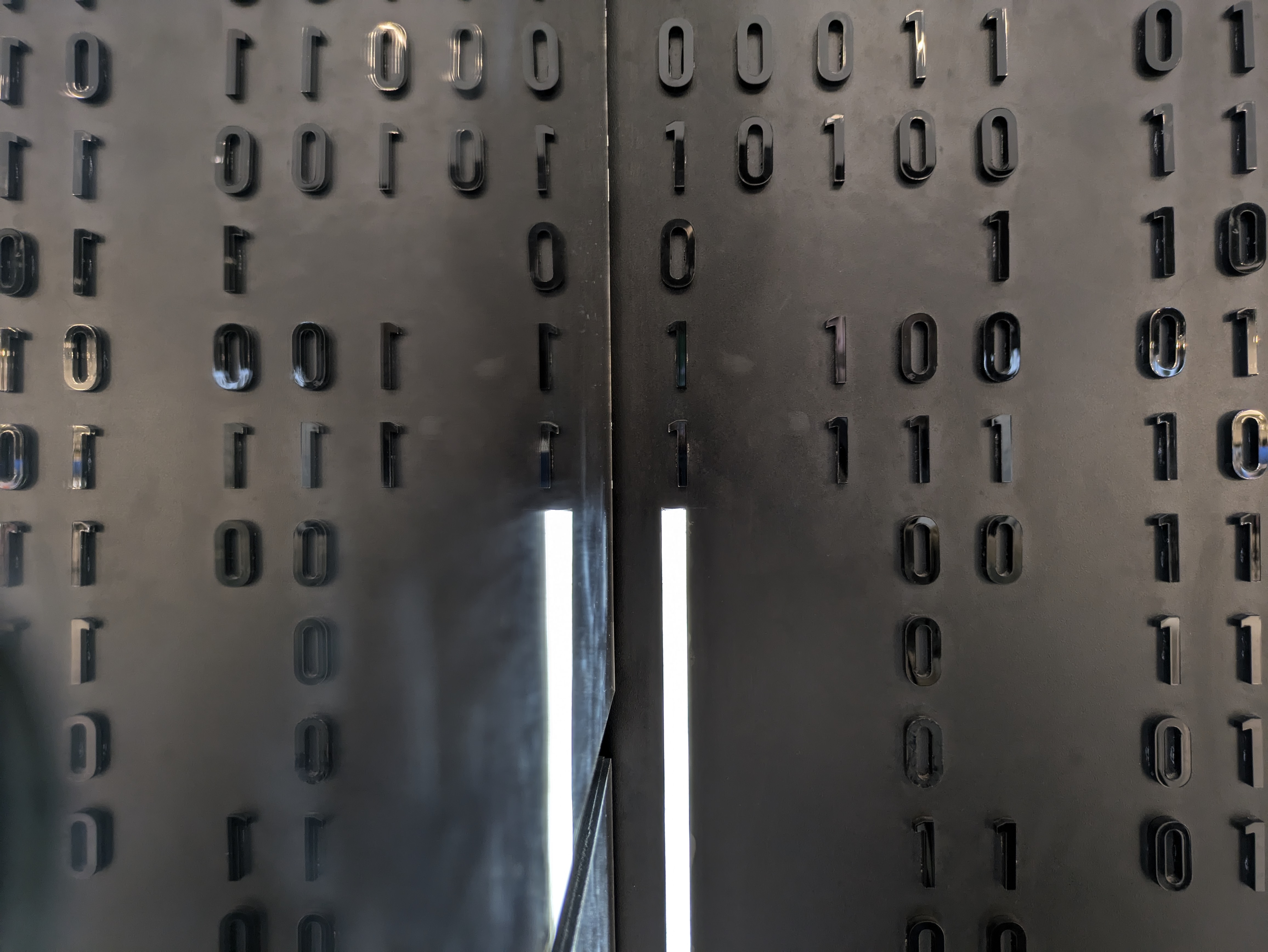


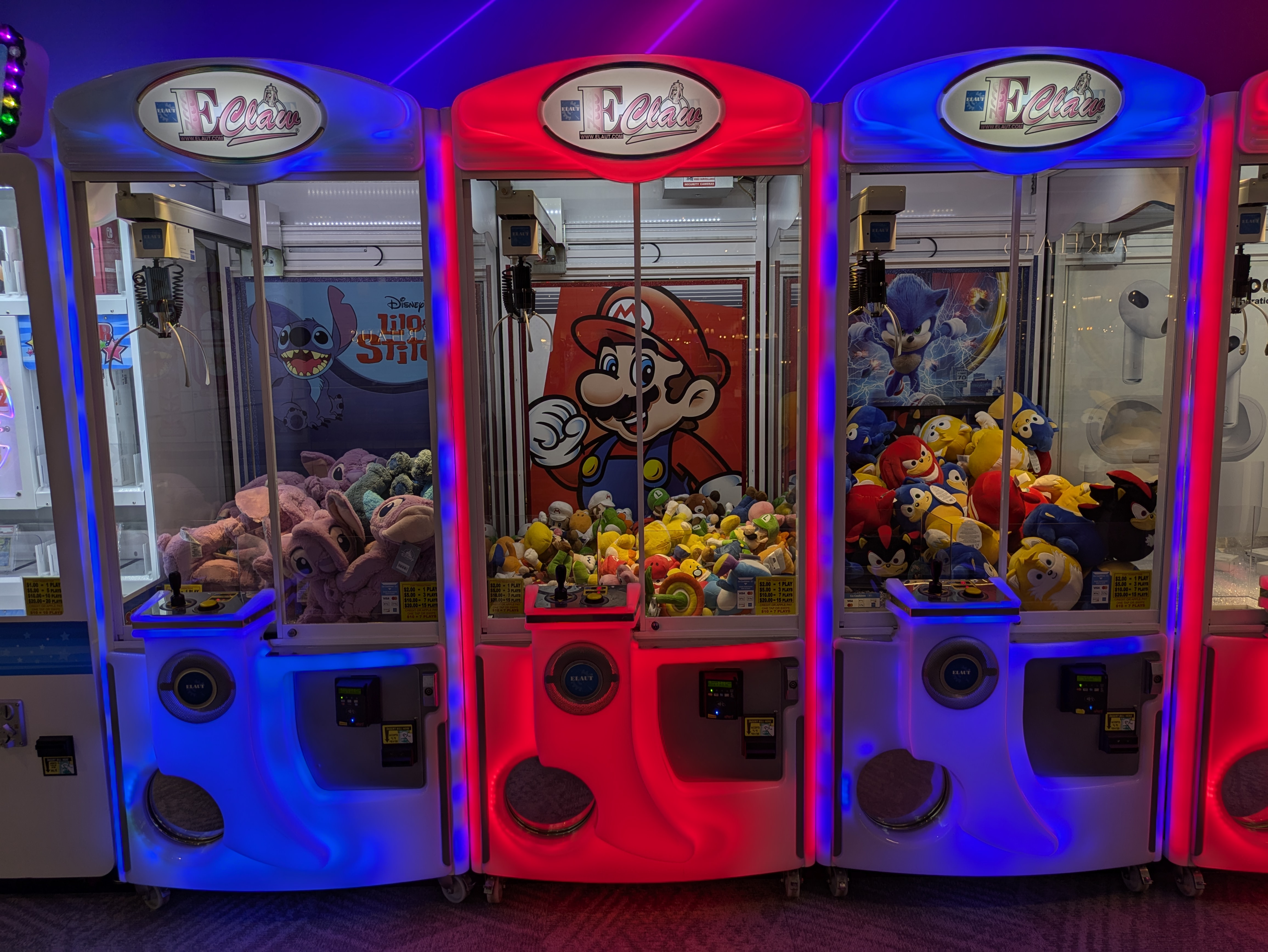
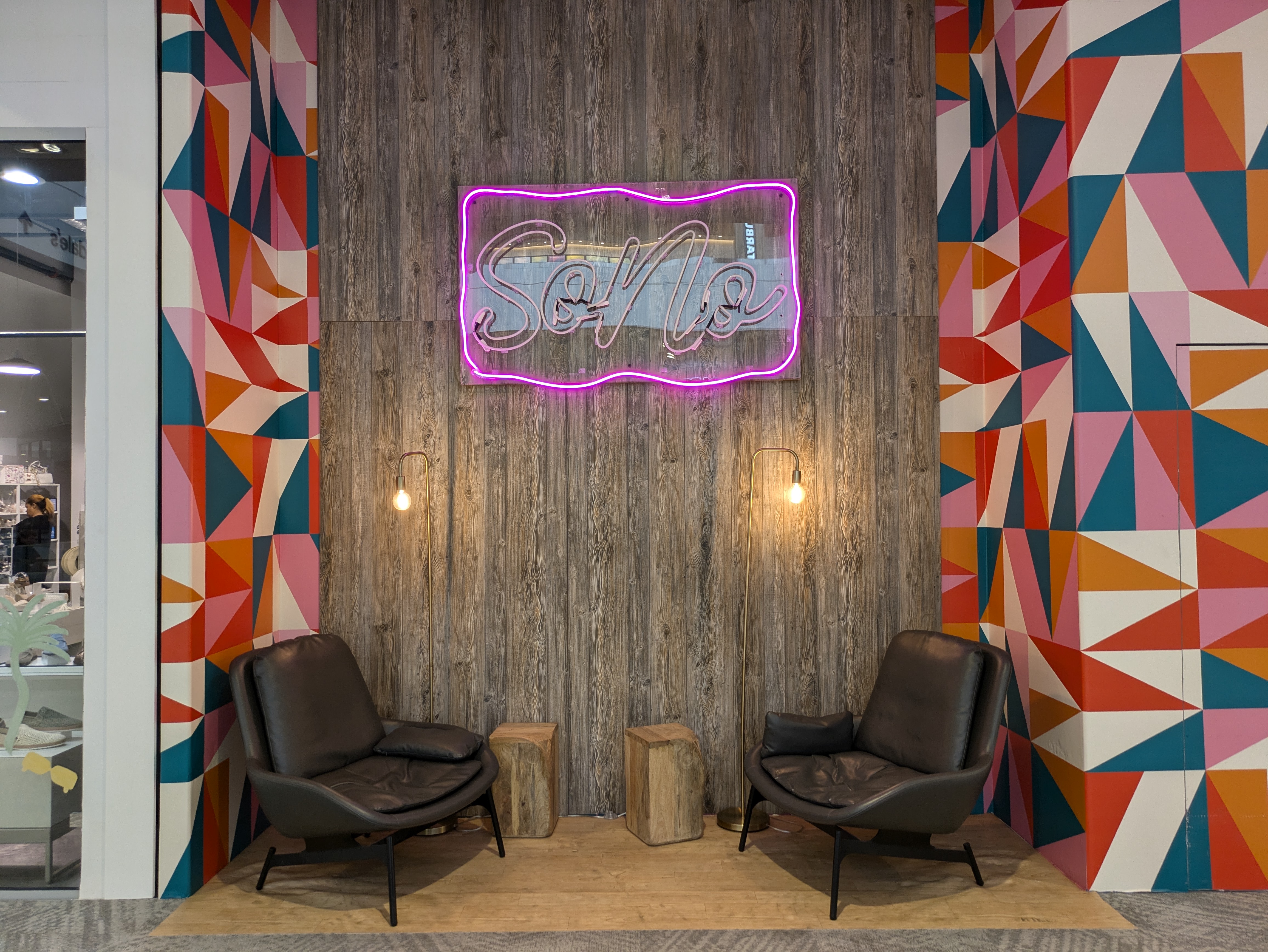
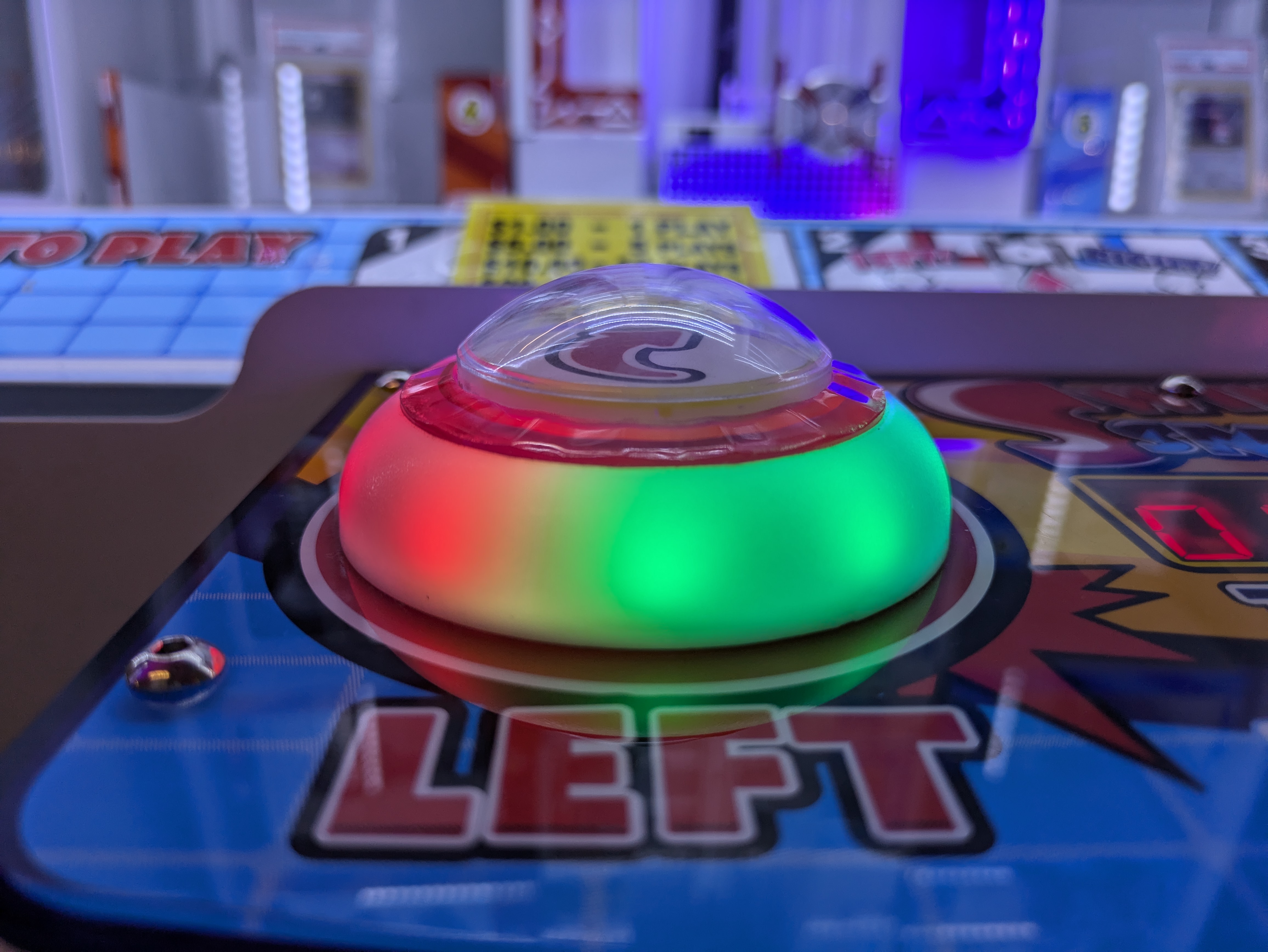
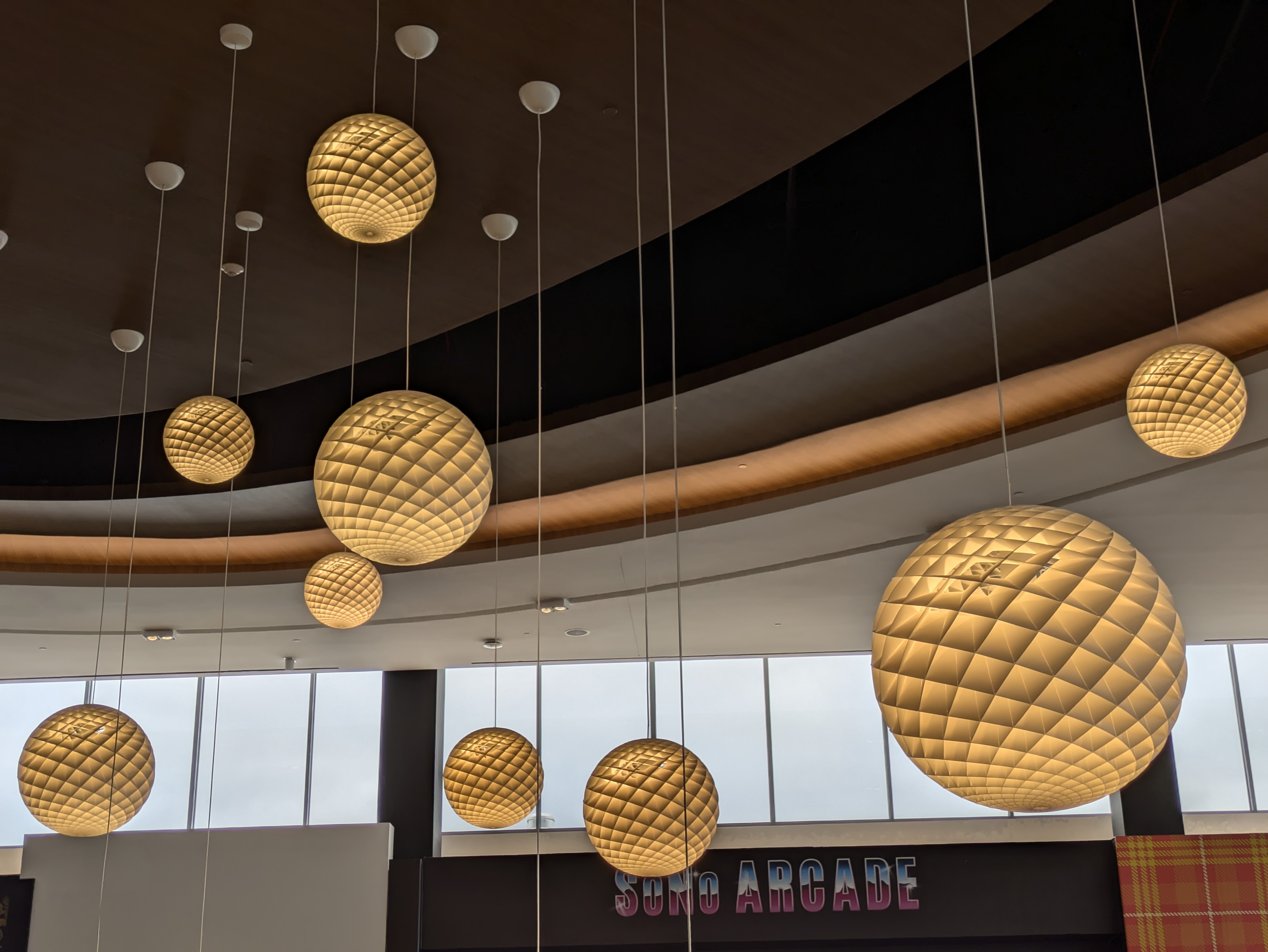
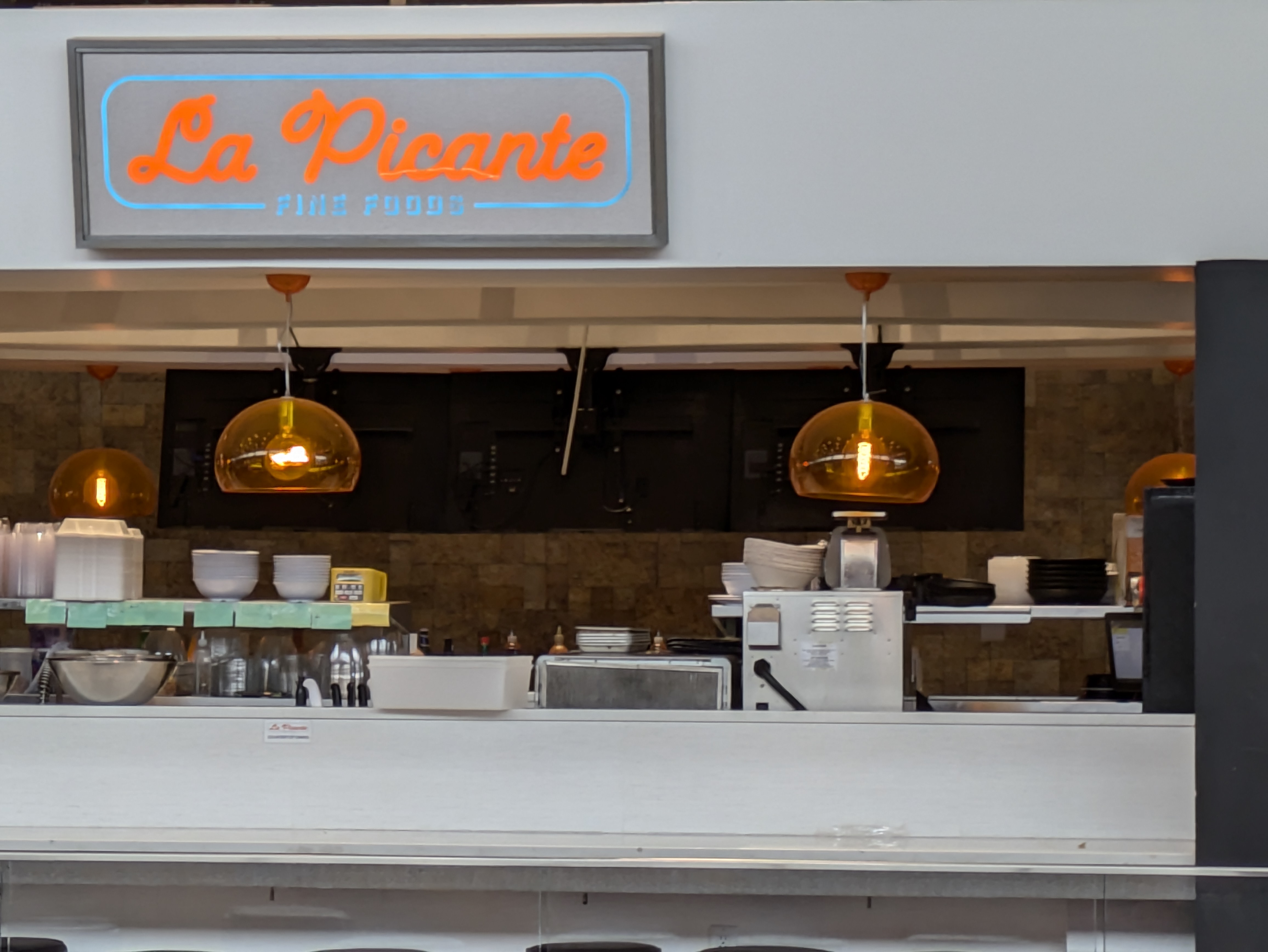
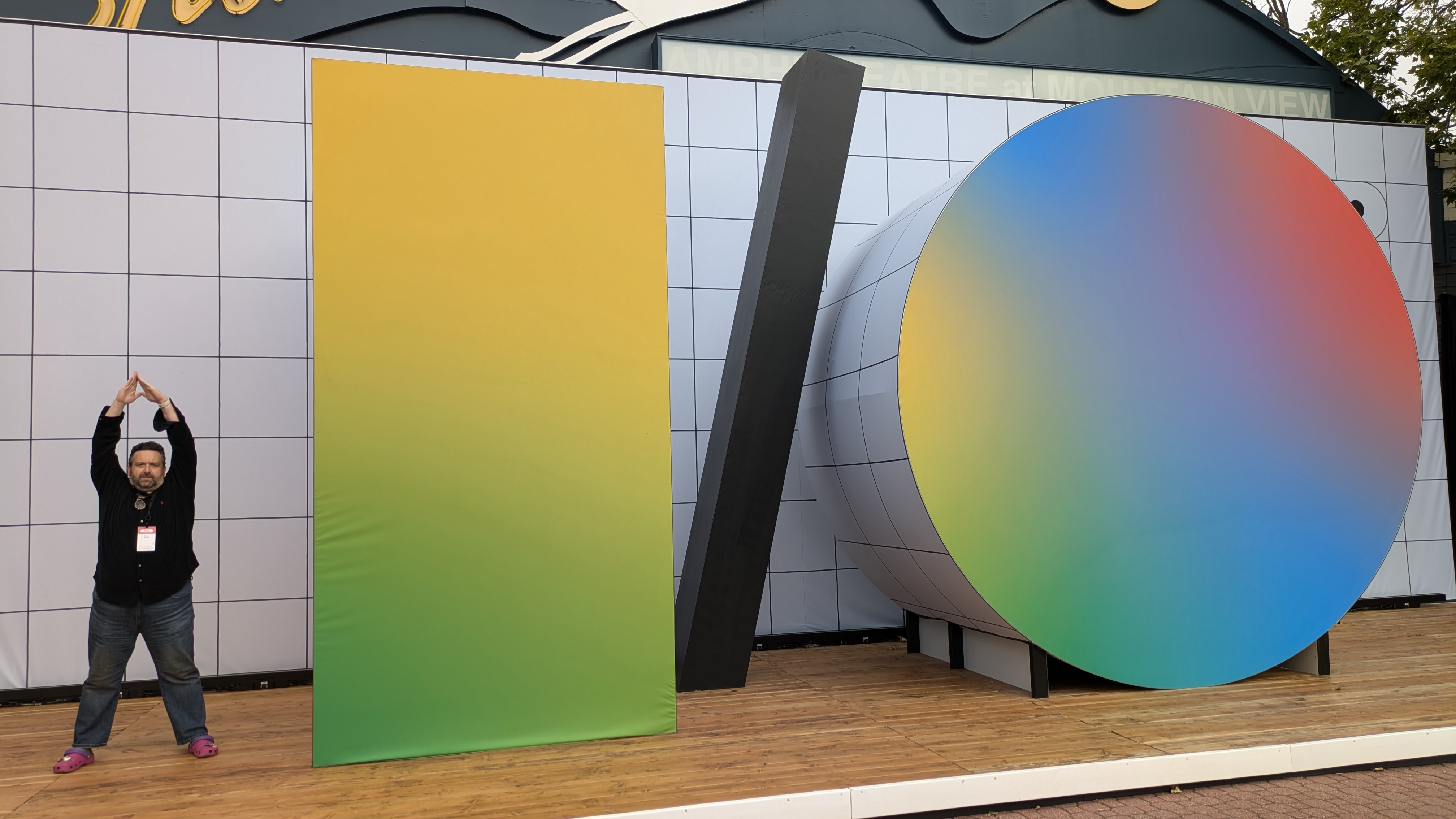

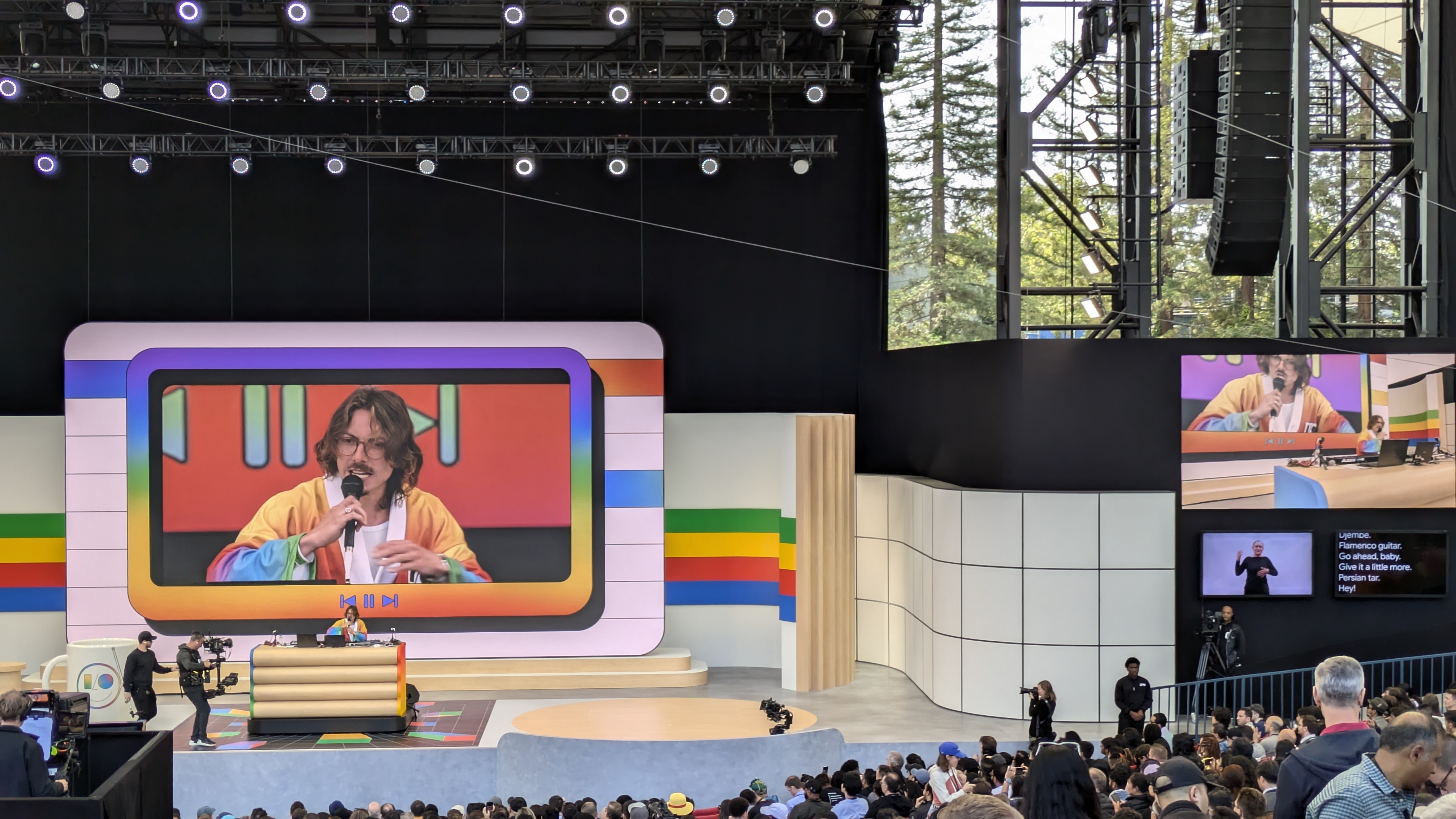
iPhone 15 camera samples
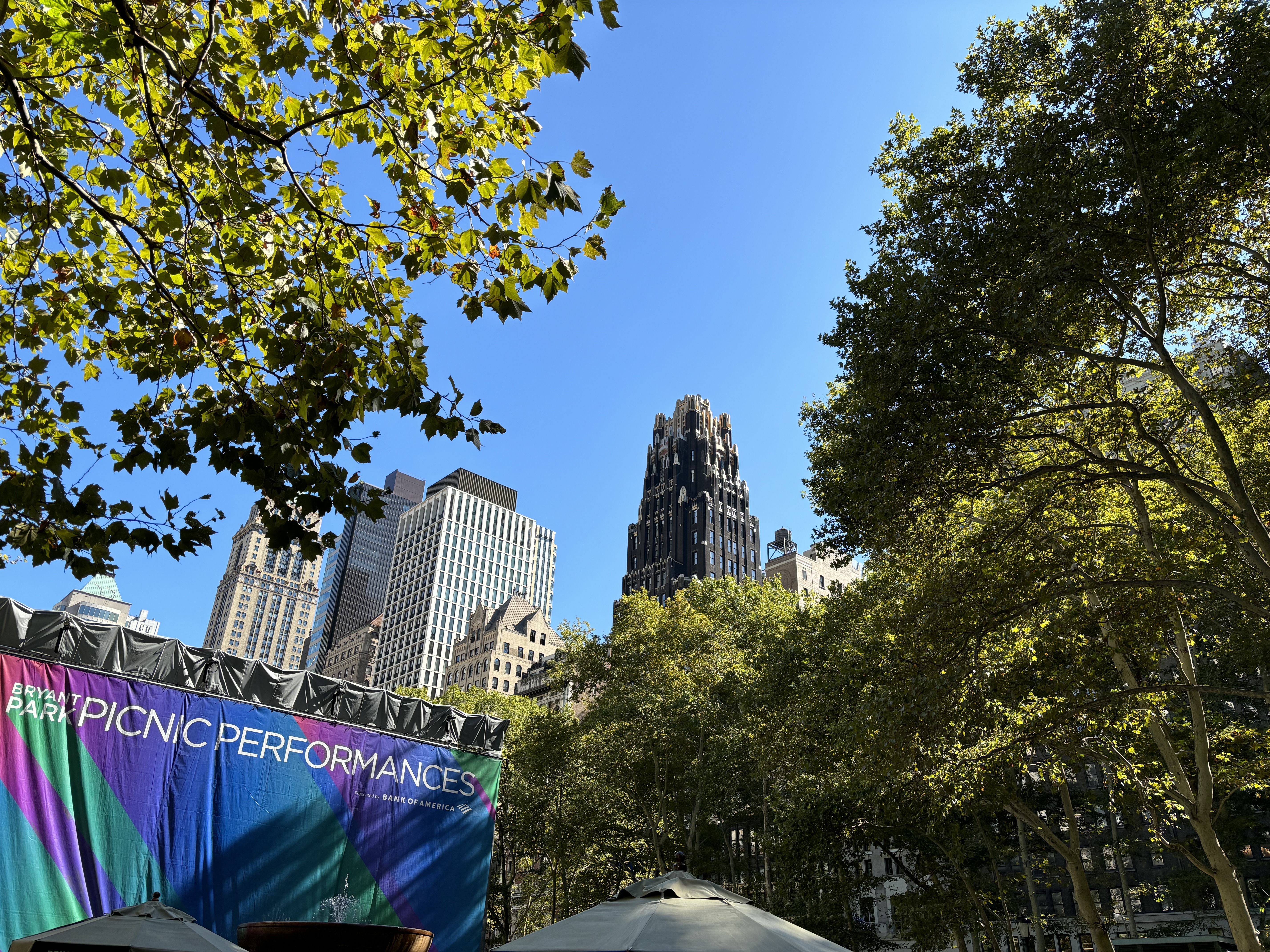
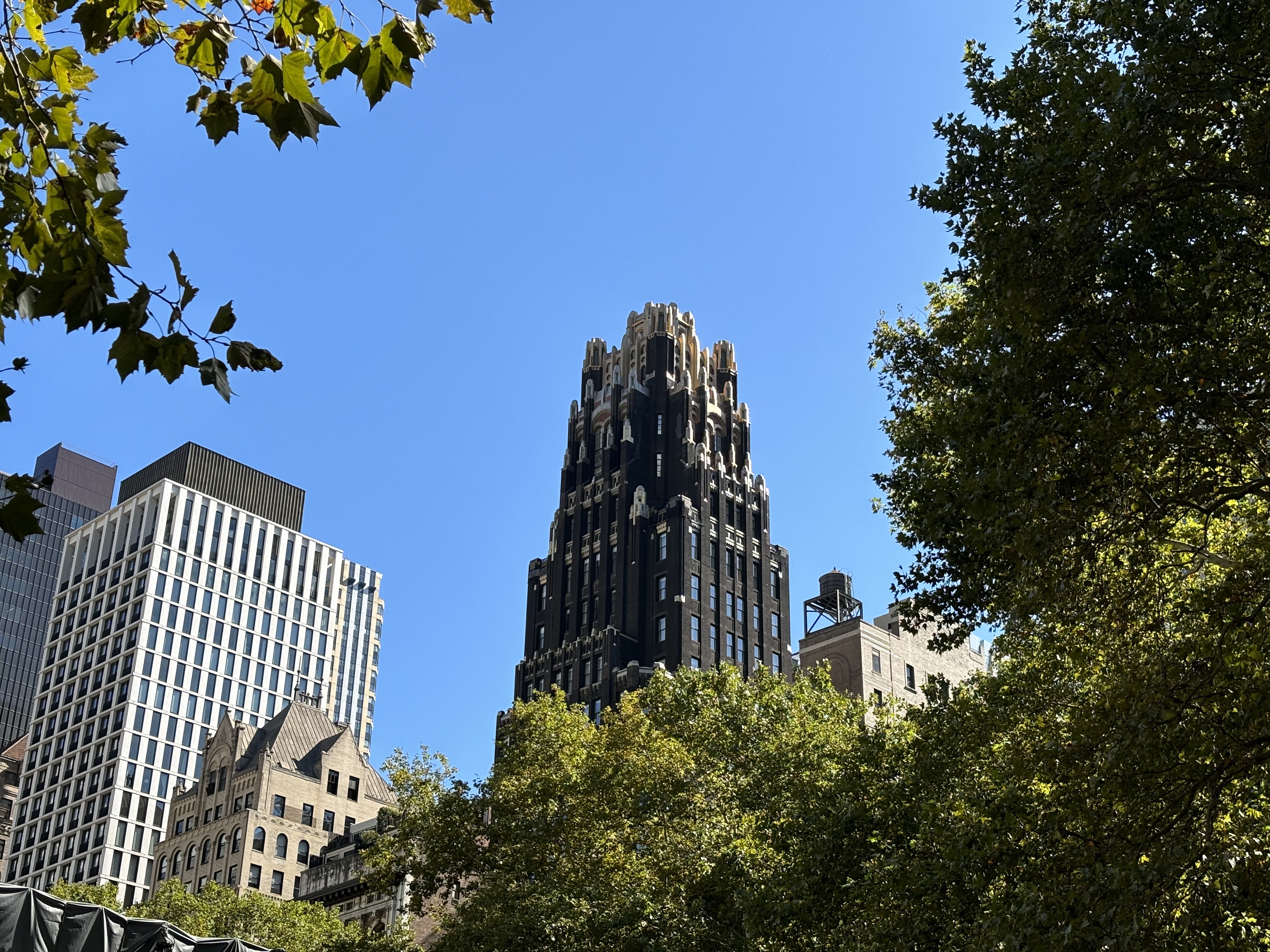

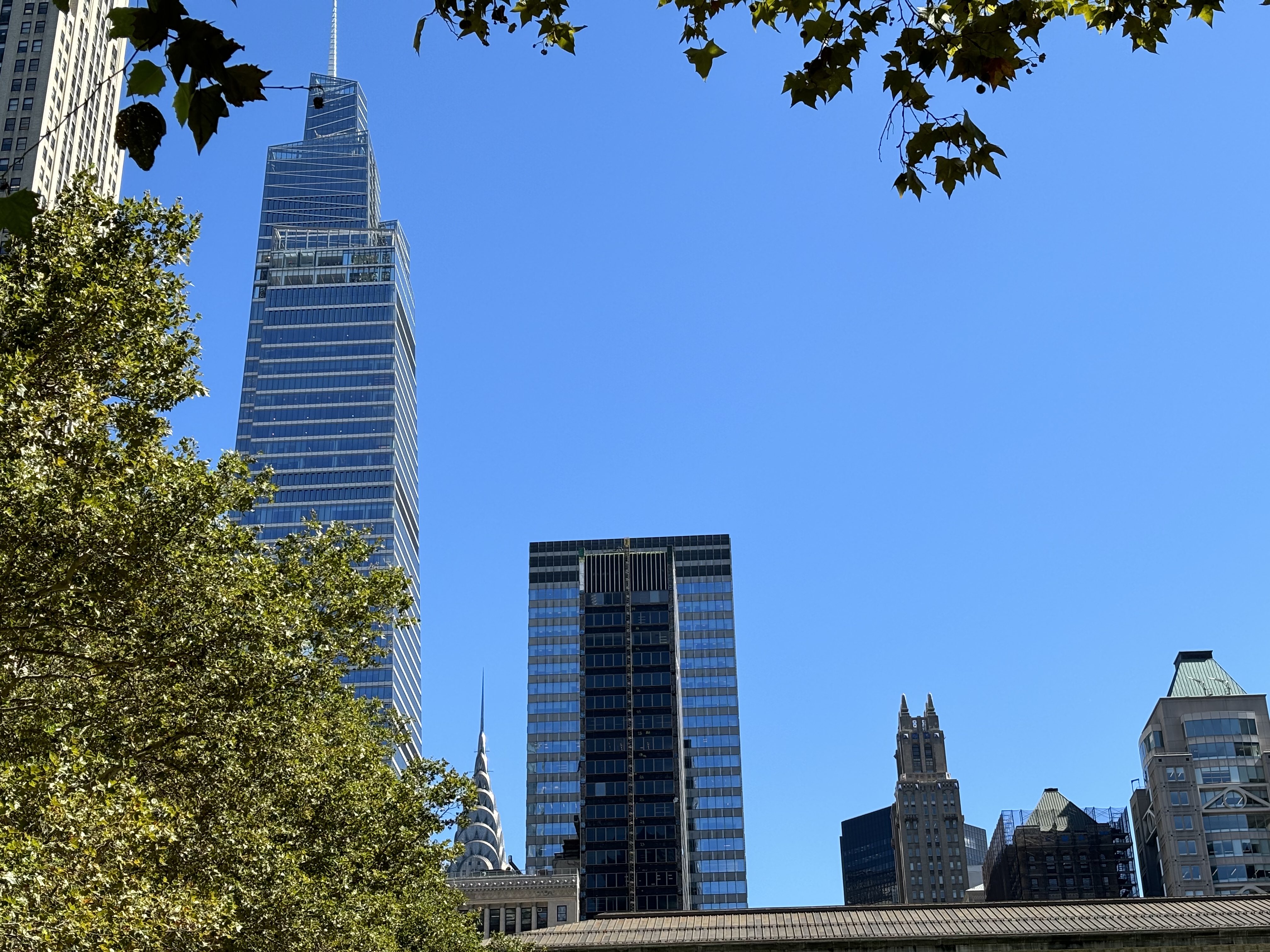
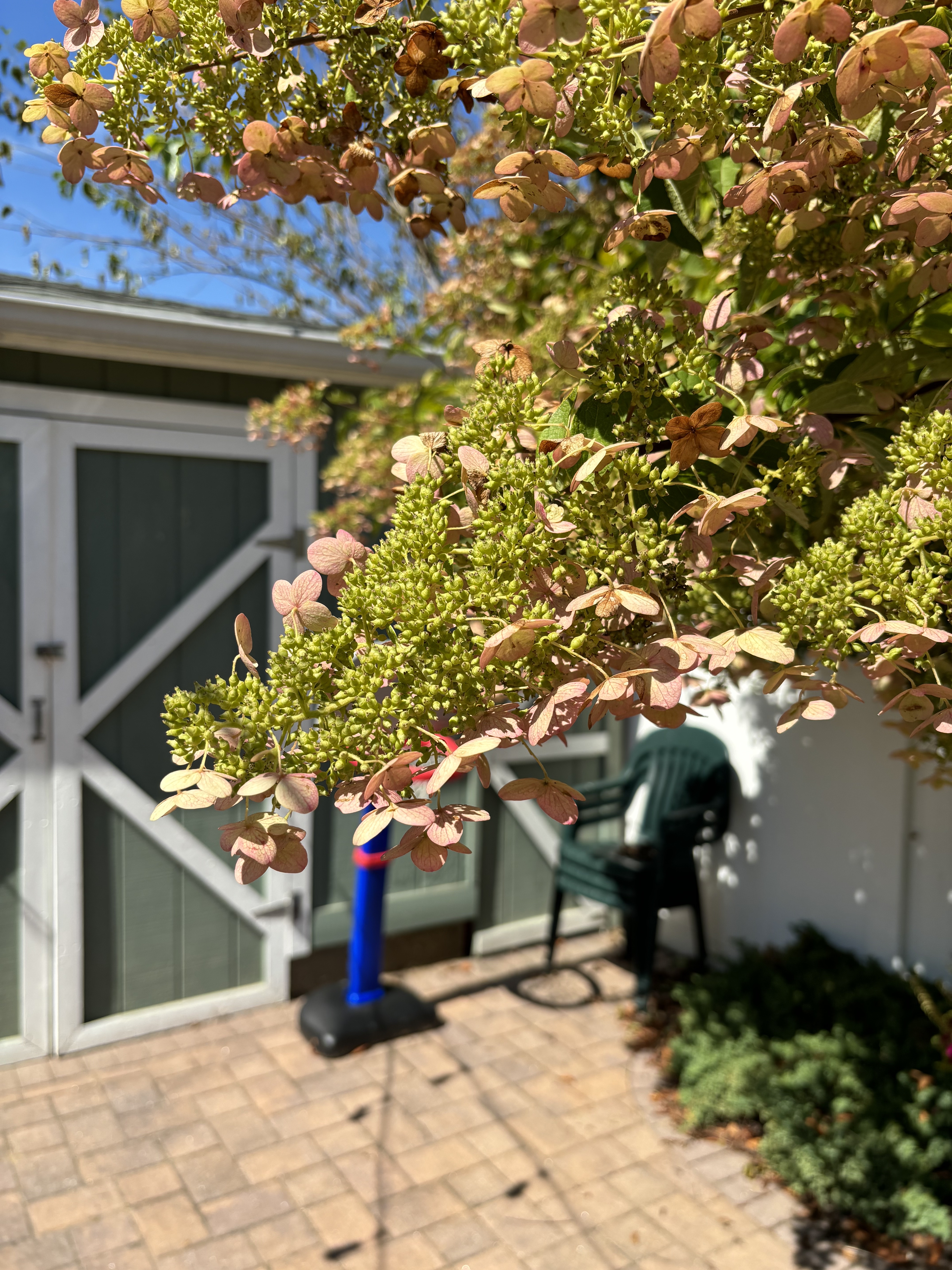
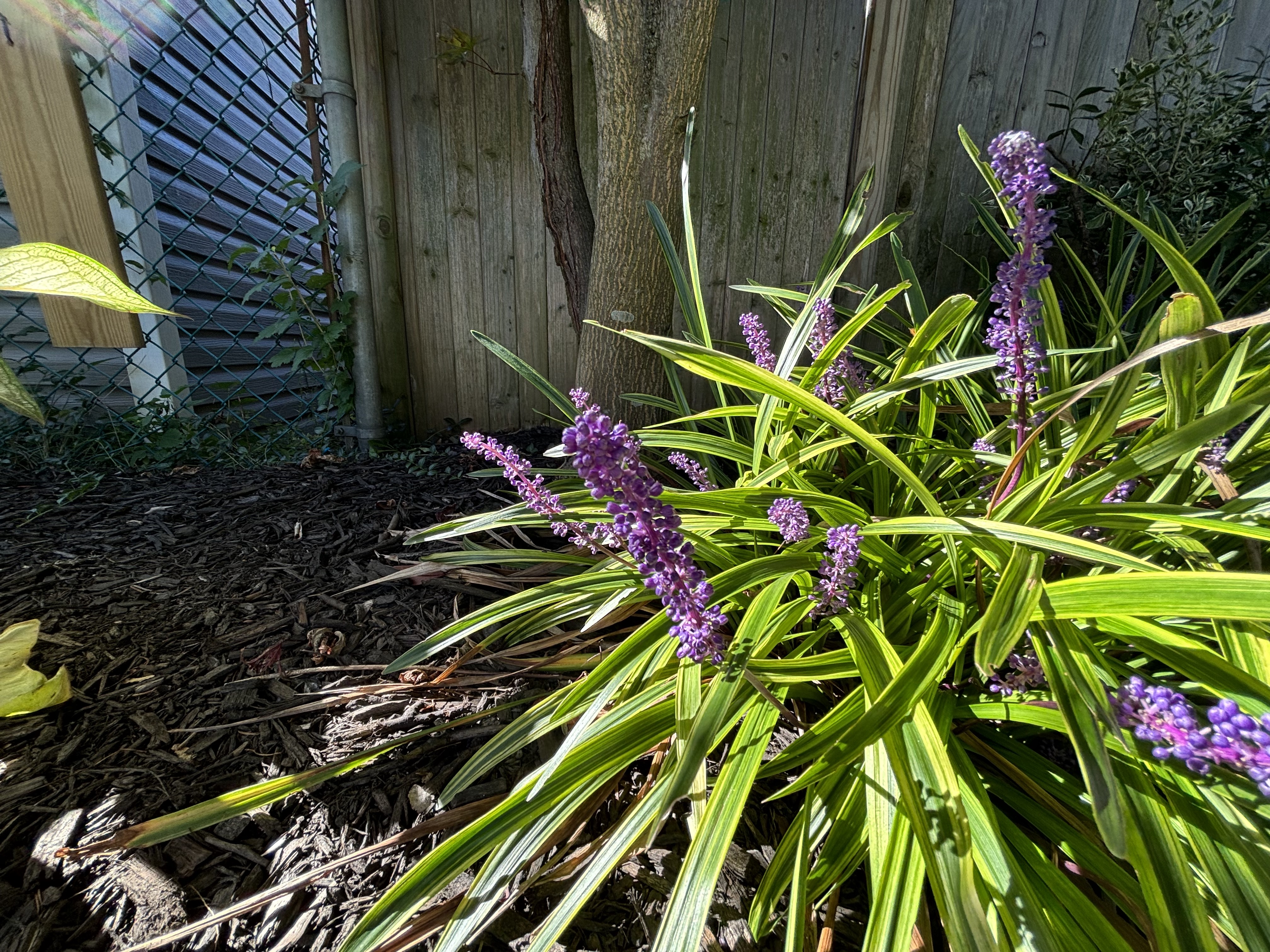
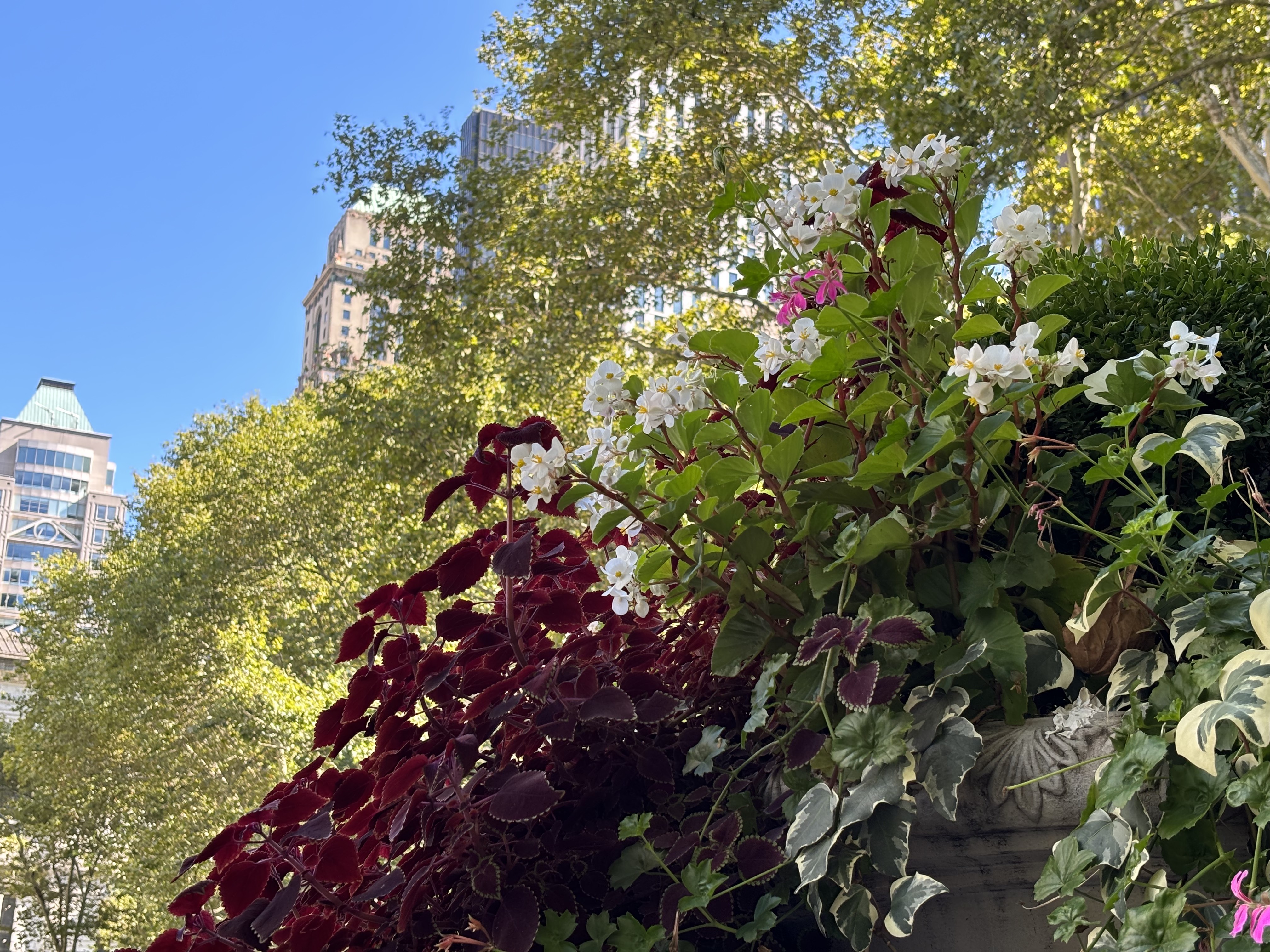
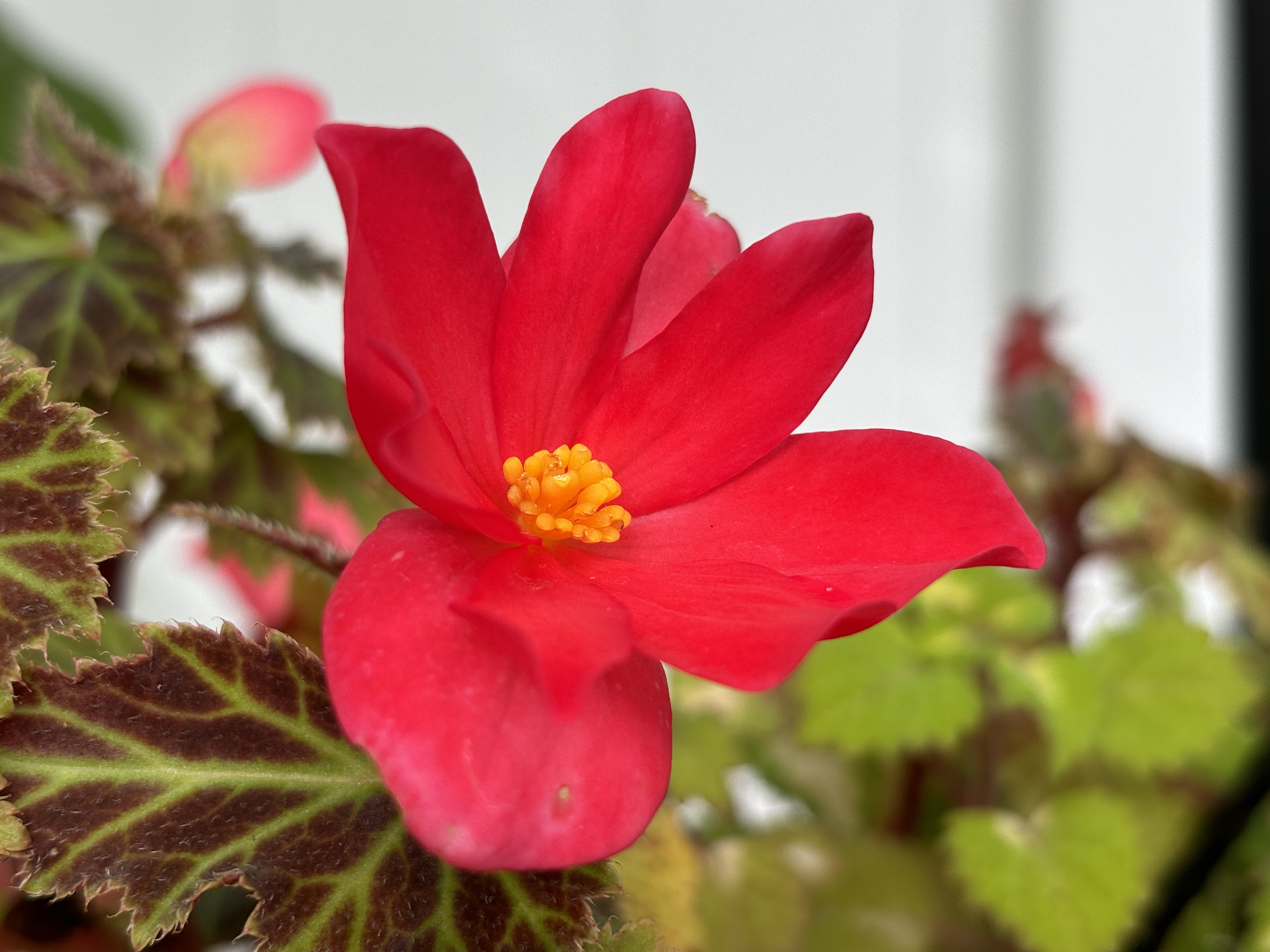



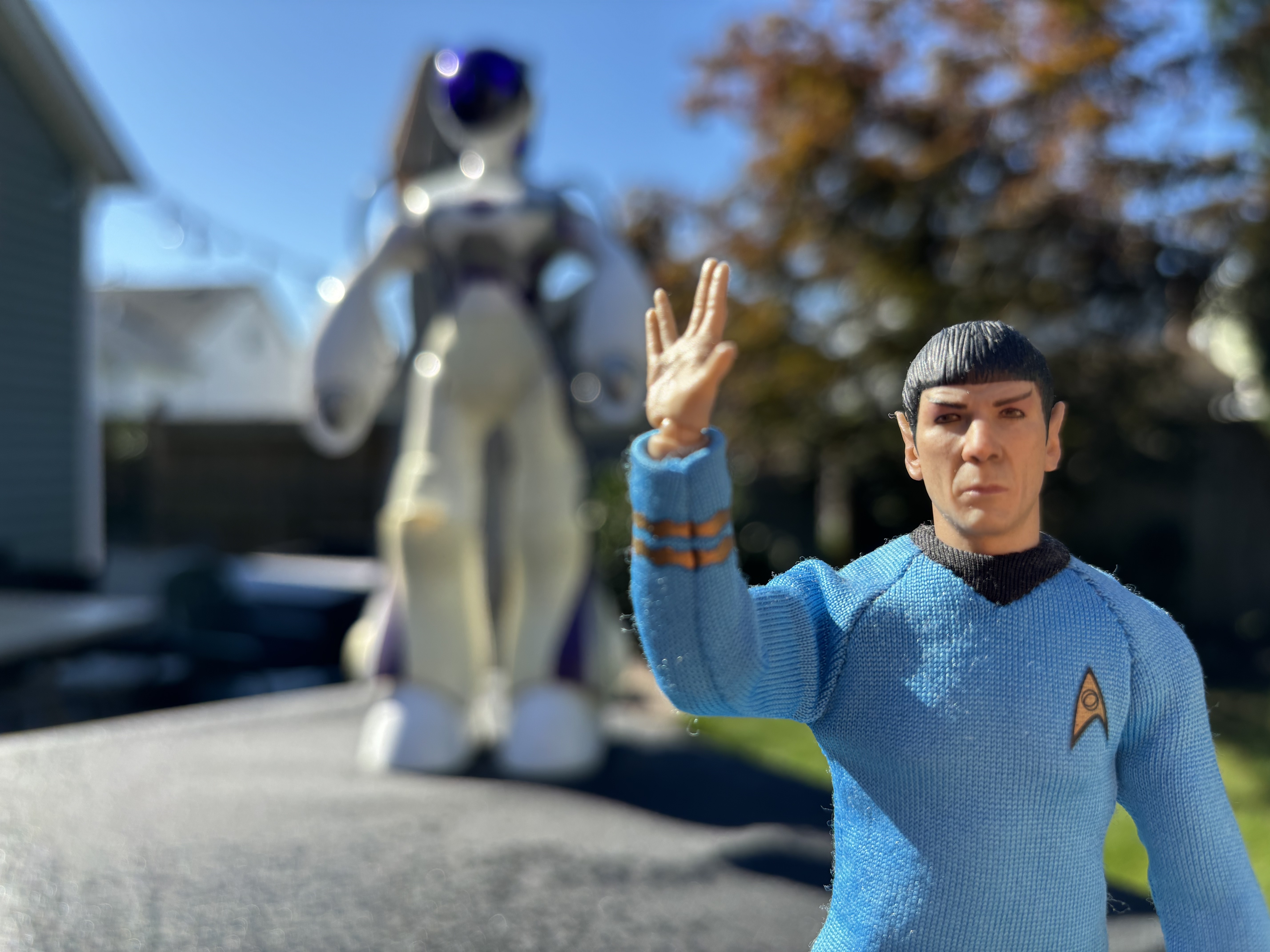
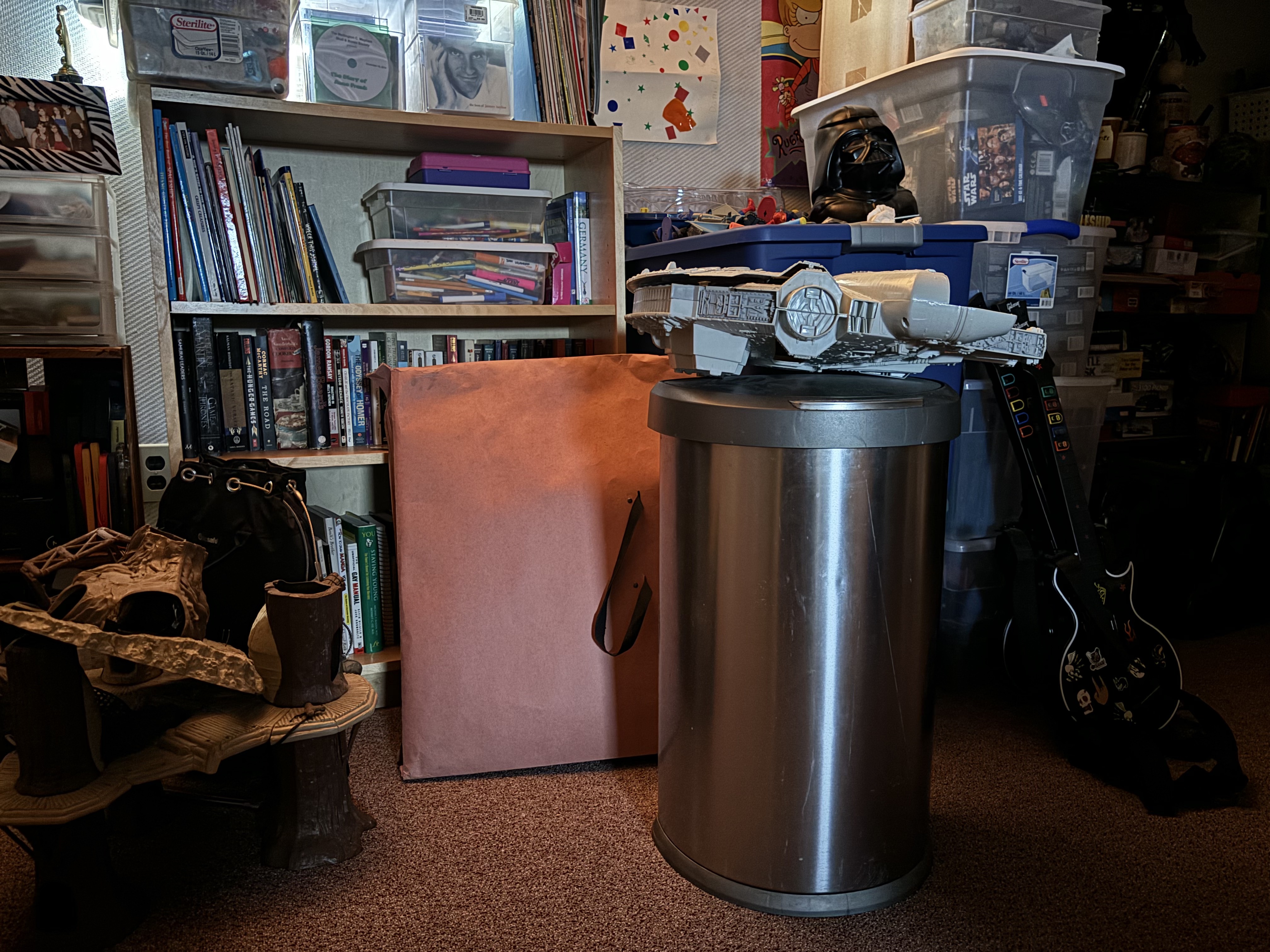
Both camera systems are backed by strong custom processors – the A16 Bionic for the iPhone and the Tensor G3 for the Pixel 8a.
We’re impressed by the shots that the Pixel 8a can take, but let’s not kid ourselves – the iPhone 15 is operating on a different level, capturing way more detail and nuance. It takes the win when it comes to night time shots too, thanks to that light-scooping potential.
When it comes to their image processing, Apple’s photos look more natural, while Google’s have a strikingly contrasty style.
Where the Pixel 8a strikes out on its own is with its AI-based auto-editing features. Best Take lets you make it so that everyone in a group shot is smiling, while Audio Magic Eraser removes unwanted background noise from your videos.
Apple, for its part, has enhanced the actual quality of its phones’ shots by stepping up to 24MP images, as well as introducing three fundamental focal lengths with no discernible loss of detail. Both make very clever uses of image processing techniques, but they’re applied in very different ways.
Google Pixel 8a vs iPhone 15: performance and software
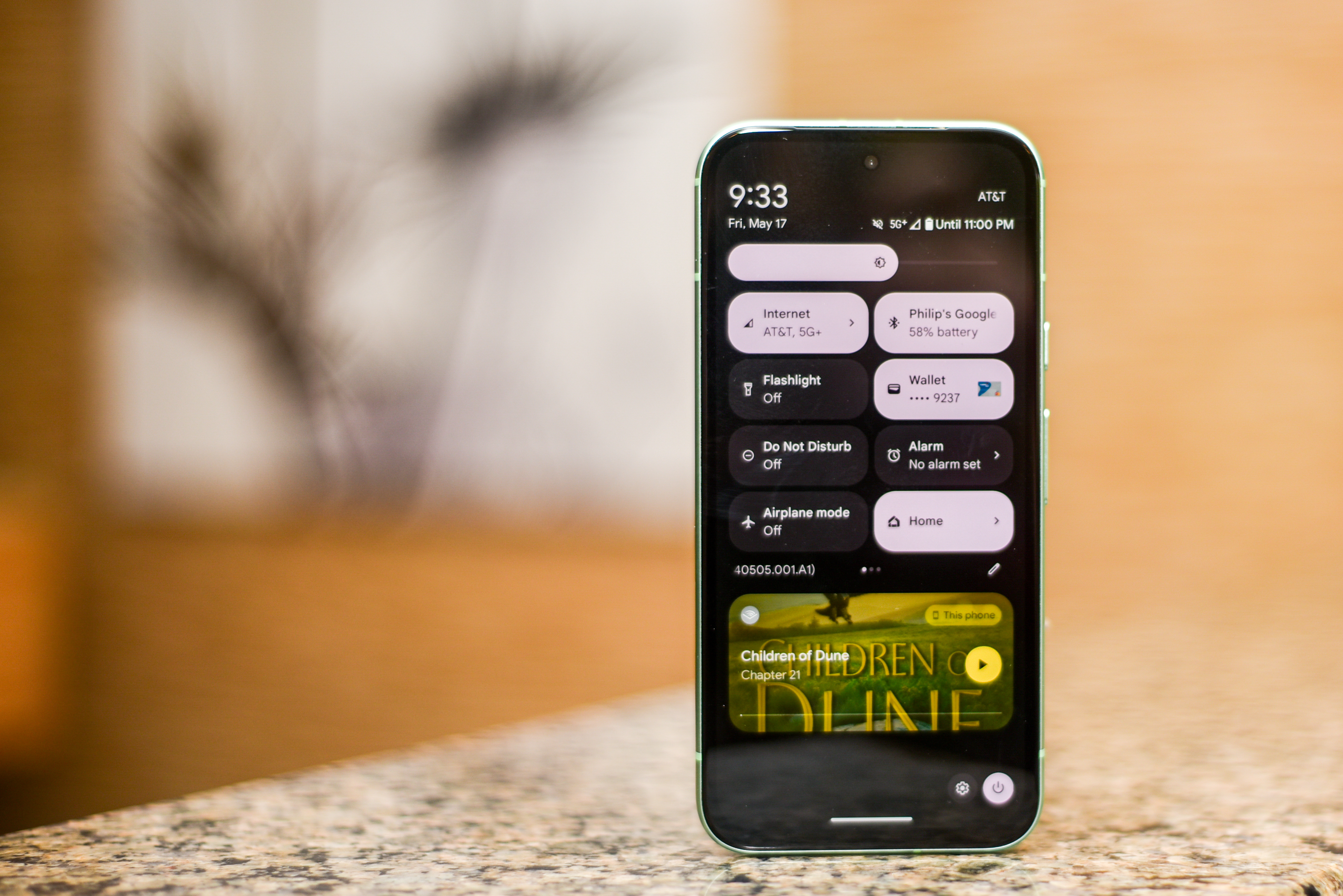
As we’ve just mentioned, both of these phones run on custom in-house chips. Both the iPhone 15’s A16 Bionic and the Pixel 8a’s Tensor G3 are highly capable 4-nanometer chips.
Google’s Tensor G3 is its latest chip, and is technically a year fresher than Apple’s A16 Bionic, which debuted more than a year previously in the iPhone 14 Pro.
Any suggestion of an advantage for the Pixel would be wide of the mark, though. In benchmark tests, the iPhone 15 pretty handily beats its more affordable rival.
Not that this means much here in the real world. Both phones feel extremely fast and fluid, and can play the latest and greatest games on high graphics settings. In certain ways, the Pixel 8a actually feels faster, thanks to that 120Hz display.
It’s a fact that the iPhone 15 has less RAM than the Pixel 8a – 6GB vs 8GB – but the differences between iOS and Android render such differences meaningless. Storage capacities are identical, meanwhile, with both phones offering 128GB and 256GB options.
Both of these phones feature gloriously clean and crisp software, with minimal bloatware. That’s what comes when the hardware maker also makes the operating system.
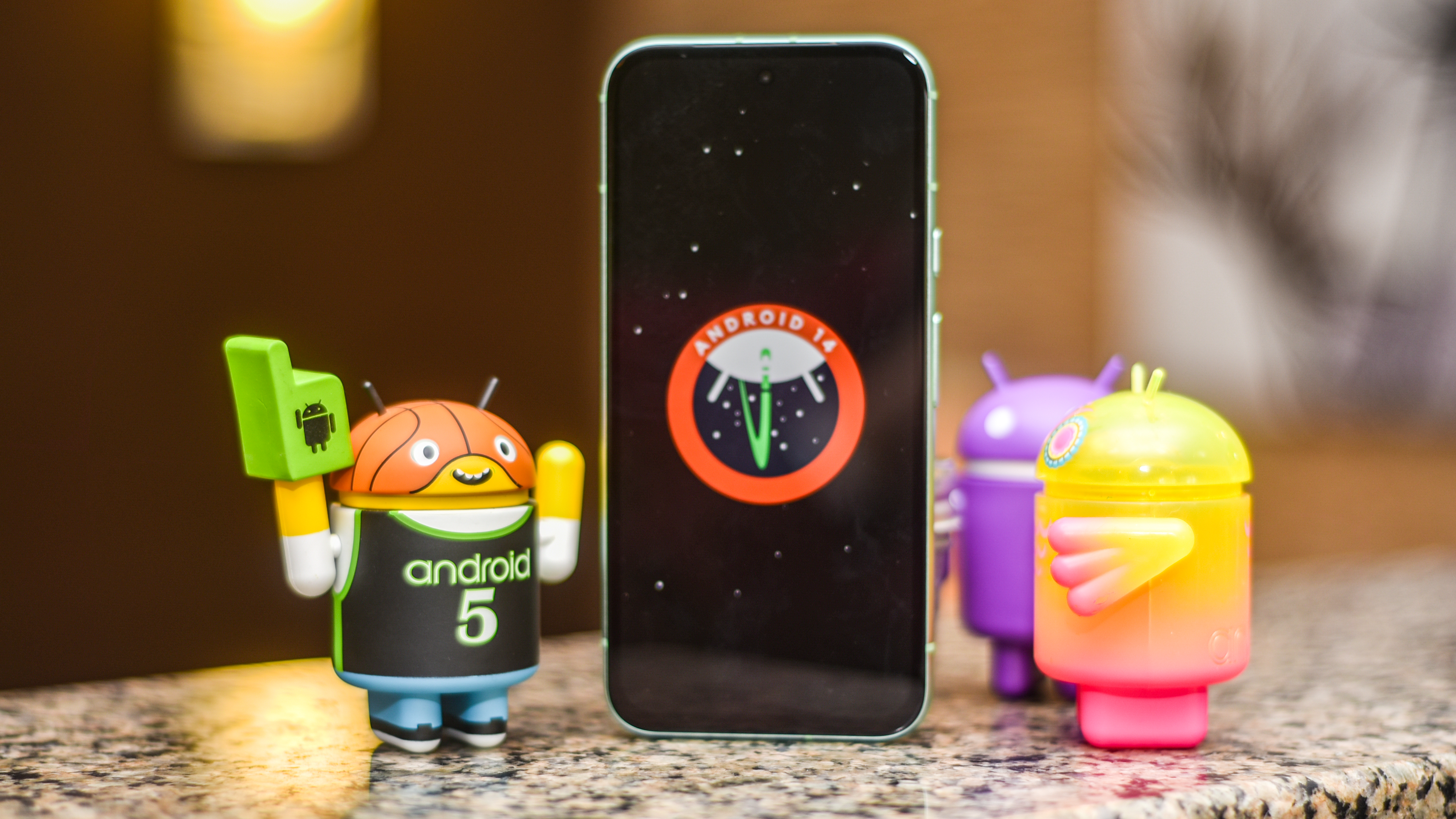
We wouldn’t like to call a winner here. It really comes down to personal preference, as well as which software ecosystem you’re more wedded to.
However, we would say that Android 14 on the Pixel 8a is doing more interesting things at this particular moment in time. Google is further along with its AI initiative than Apple, and the Pixel 8a can do fascinating things like real-time in-call transcriptions, instantaneous voice typing, and a bevy of camera tricks that we’ve already mentioned.
Google is also offering a seven year software update promise, whereas Apple tends to support its phones for about five years. Both are great, but Google’s is better – if it follows through on its promise, that is. Only Apple has a track record with such things, while Google has a track record of ditching its hardware and software initiatives.
Google Pixel 8a vs iPhone 15: battery
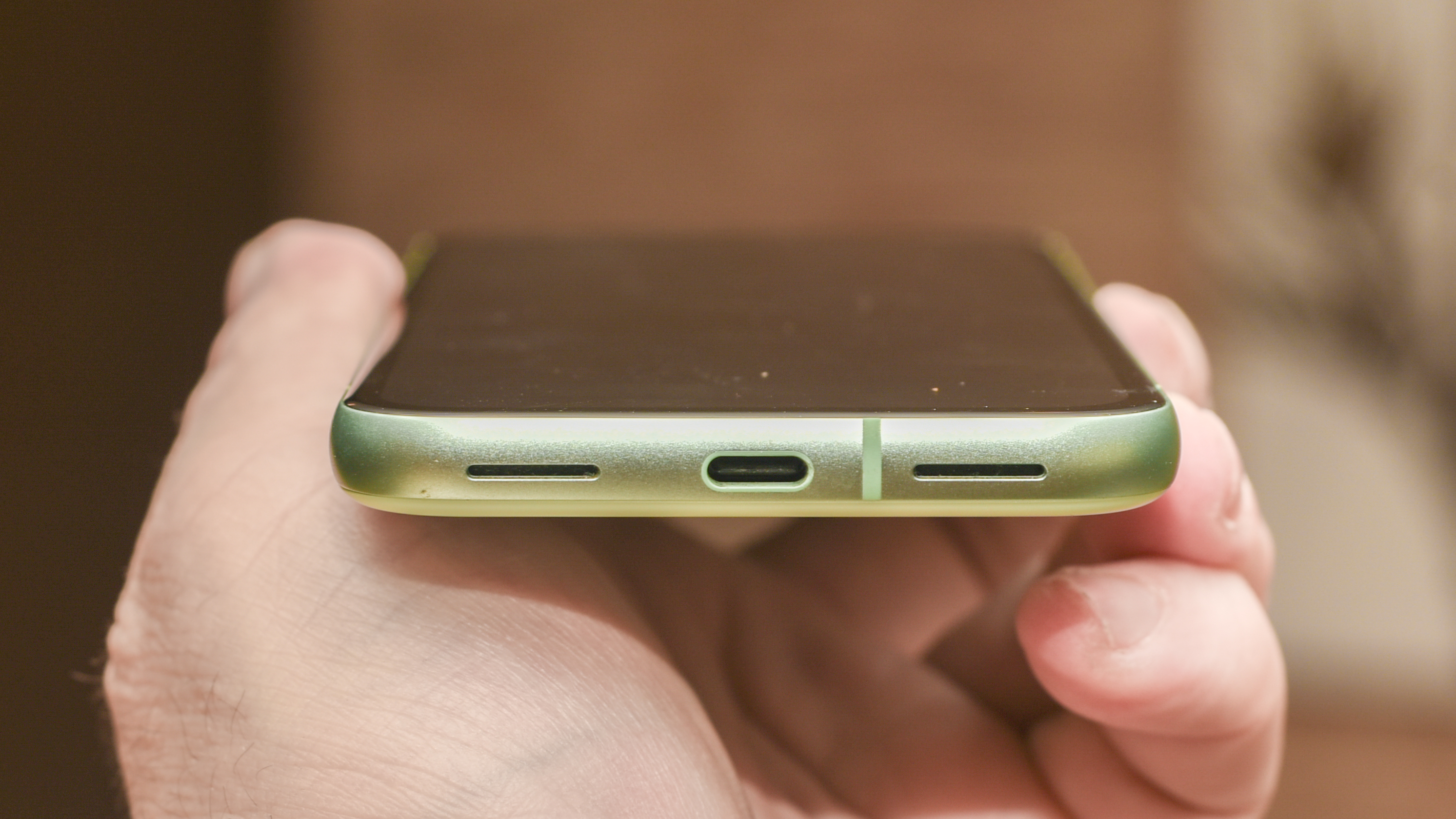
Neither of these phones are what you’d call stamina champs. We guess that's what comes with being a powerful phone in a relatively compact form factor.
The Pixel 8a’s 4,492mAh battery is much larger than the iPhone 15’s 3349mAh cell, but we wouldn’t place any importance in that. As we’ve already hinted at, iOS works in a much more energy-efficient way than Android.
In purely anecdotal terms, we found that the iPhone 15 could just about get through a full day of fairly intensive usage, whereas the Pixel 8a fell a little short. Such things can vary wildly based on the user and the network environment, of course, but we’d cautiously give the iPhone the slightly advantage here.
In our Future Lab testing, which involved constantly browsing the web on 5G before the battery runs out, the Pixel 8a lasted 11 hours and 21 minutes (in its default 60Hz display setting), while the iPhone 15 managed 11 hours and 5 minutes. This makes the Pixel 8a the winner in pure testing but not by much, meaning the iPhone 15 is still a contender.
Apple’s phone also support slightly faster 20W wired charging compared to the Pixel 8a’s 18W, which is a bigger advantage when you factor in that smaller capacity. Both phones support 7.5W wireless charging, though the iPhone 15 also has access to 15W MagSafe/Qi2 standards.
Google Pixel 8a vs iPhone 15: verdict
There’s no doubt about it, the iPhone 15 is a better phone than the Pixel 8a. It’s got a more premium build, a superior camera set-up, and faster performance.
However, there’s the not insignificant matter of price. You can’t escape the fact that $300 / £300 / AU$650 is a significant premium. Is the iPhone 15 really that much better?
For a lot of people, it undoubtedly will be, especially if they’re already heavily invested in the Apple ecosystem, or if they simply prefer iOS. The iPhone 15 is the best current entry point into that world.
If you don’t have a dog in this fight, however, the Pixel 8a does a brilliant job at offering broad strokes parity with its pricier rival. It gets most of the way there in all the ways that count, and even packs in a more fluid display and a longer support path.
All of which should provide a tempting alternative for those who just want a capable compact smartphone without having to pay through the nose.

Jon is a freelance journalist who has been covering tech since the dawn of the smartphone era. Besides TechRadar, his words and pictures have appeared in The Telegraph, ShortList, Tech Advisor, Trusted Reviews, Expert Reviews, and more. He largely covers consumer technology, with a particular focus on smartphones and tablets. However, he's also been known to dabble in the worlds of entertainment and video games.